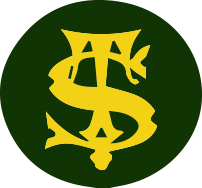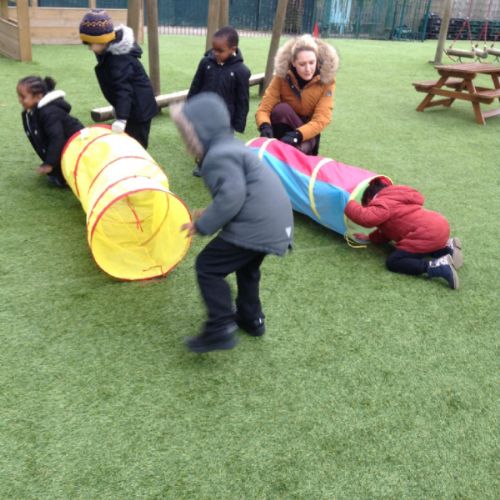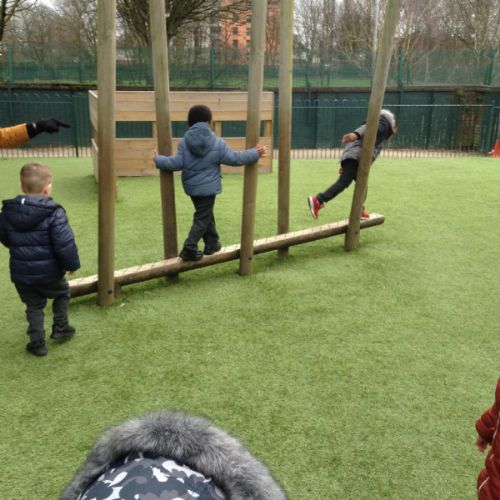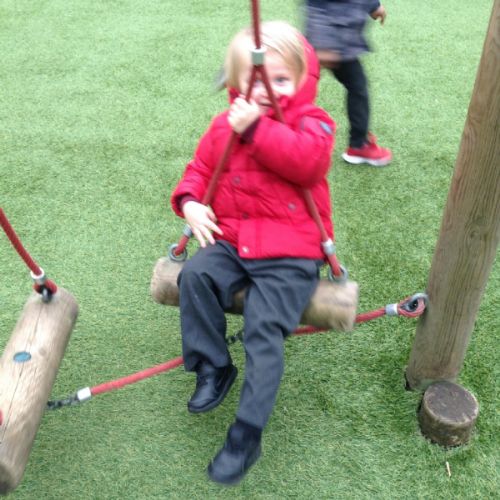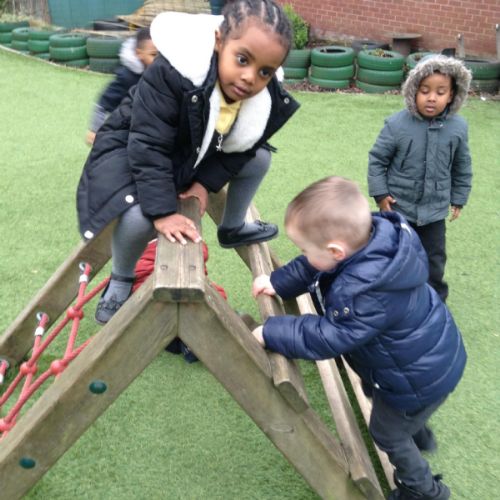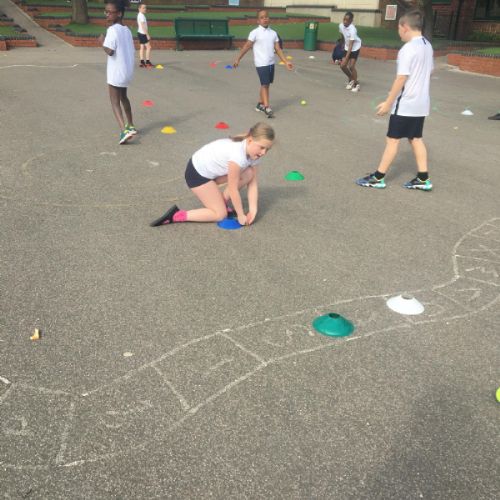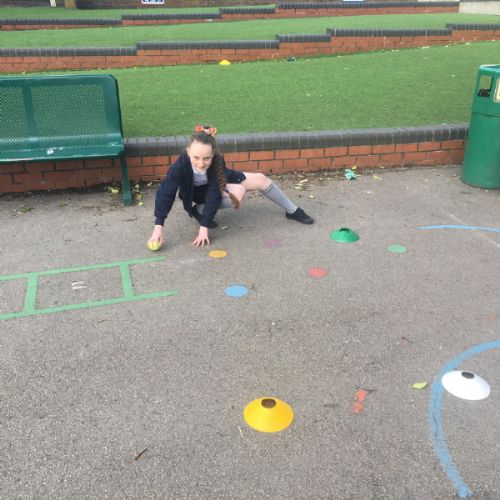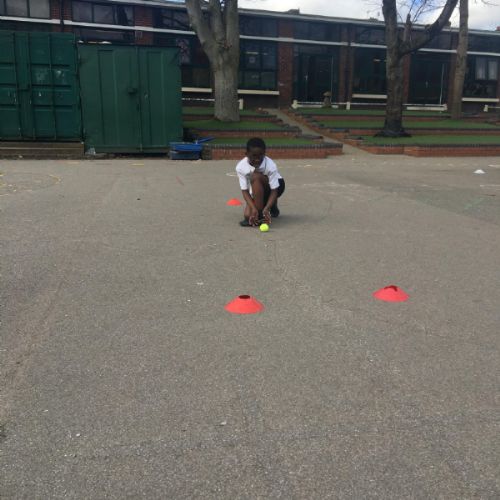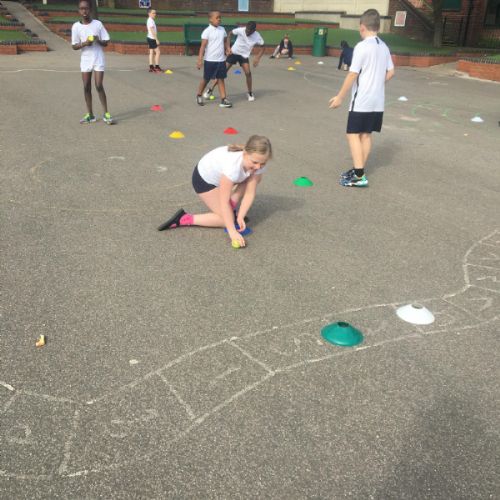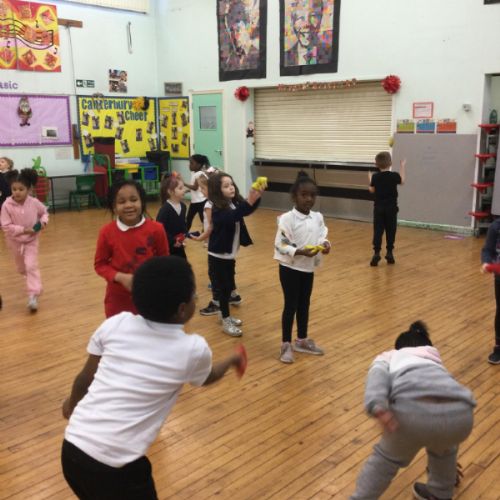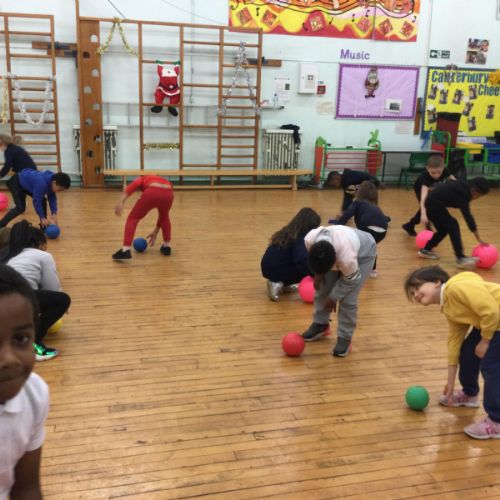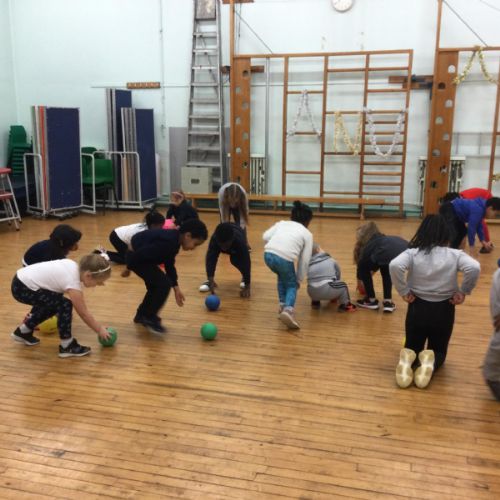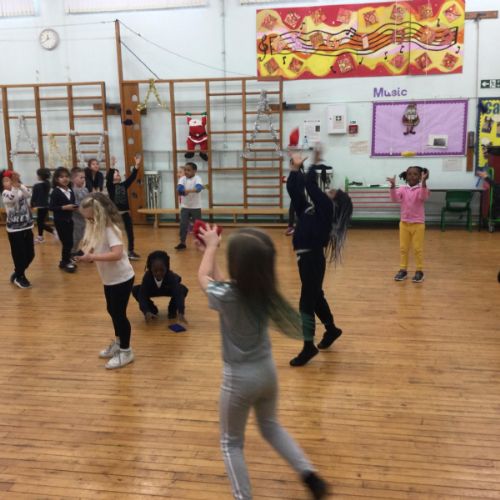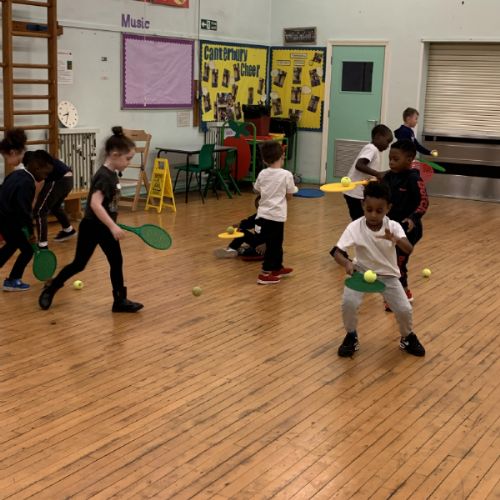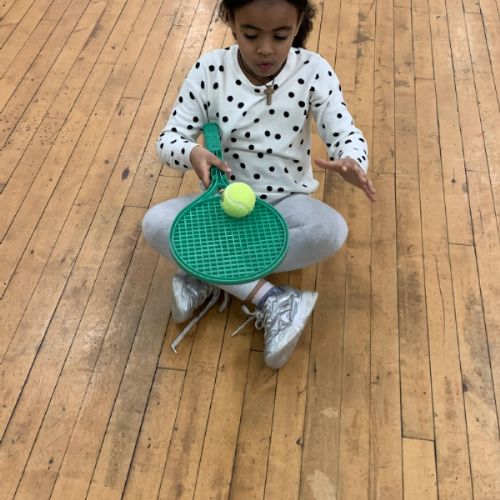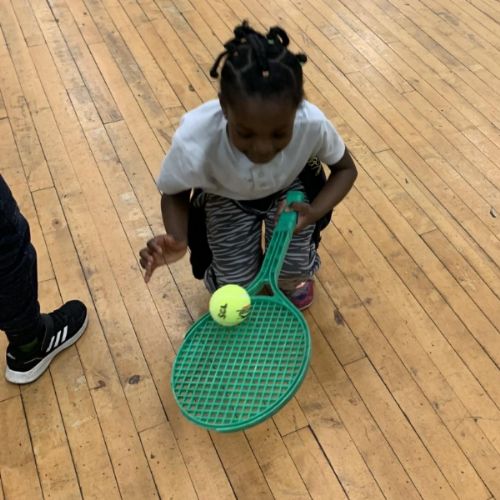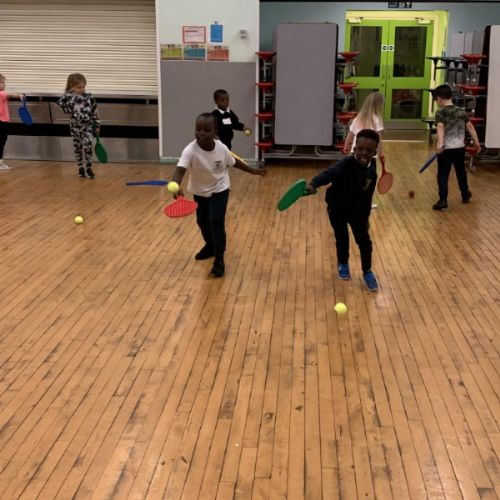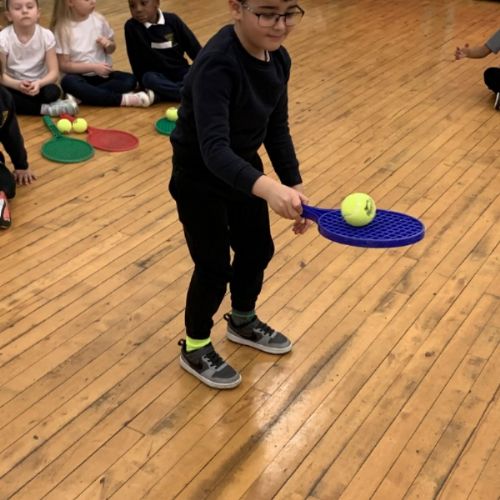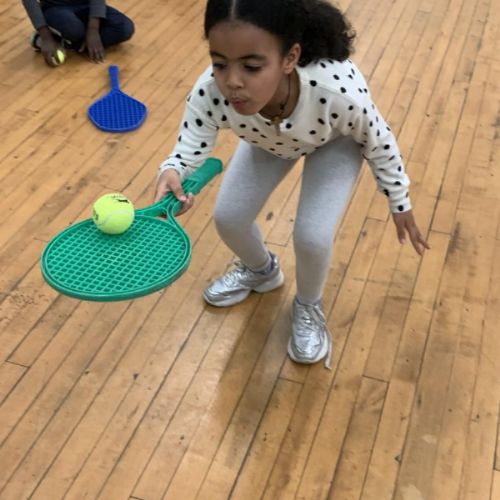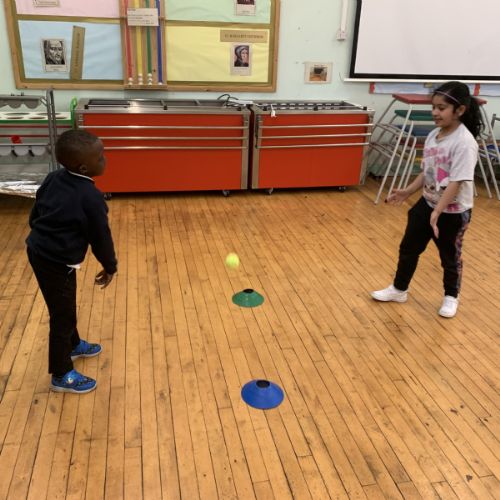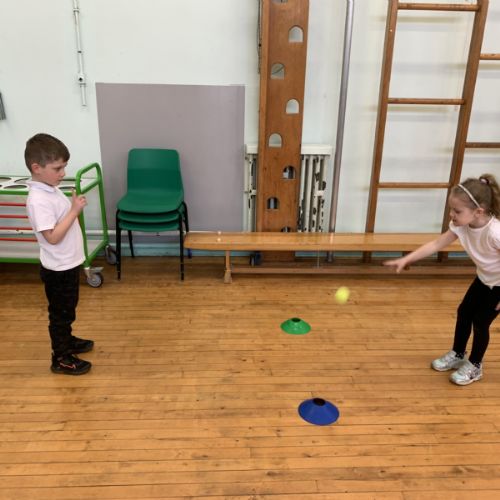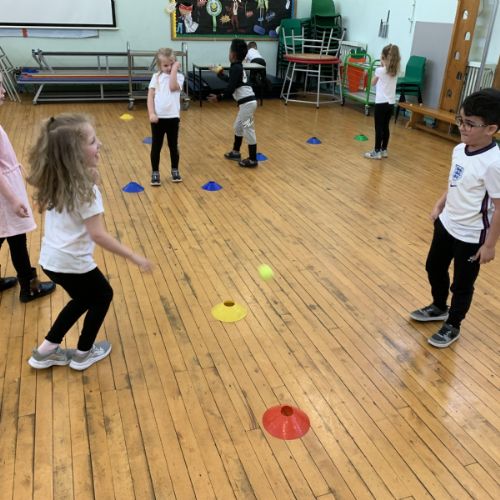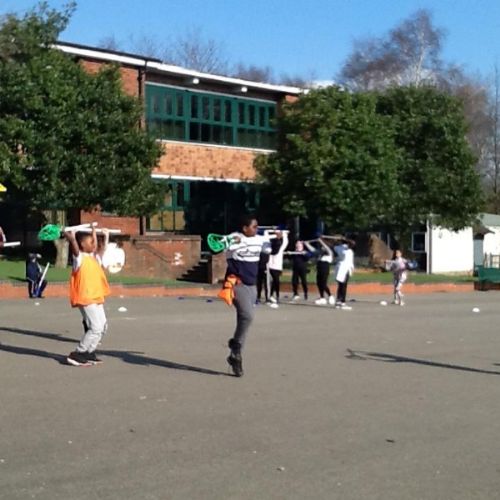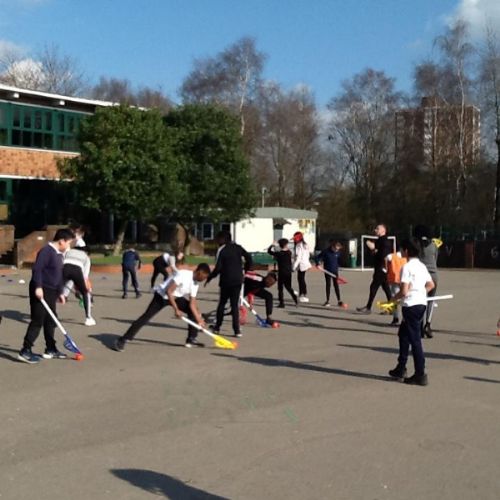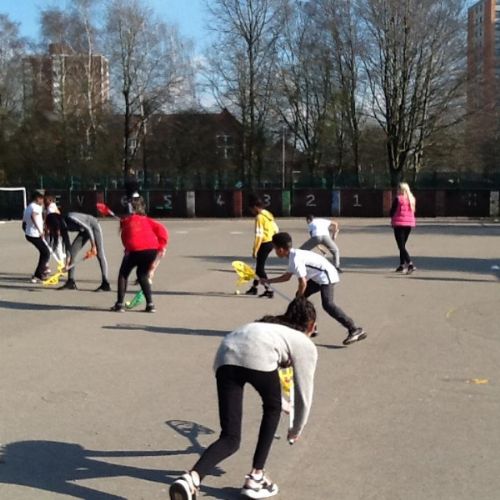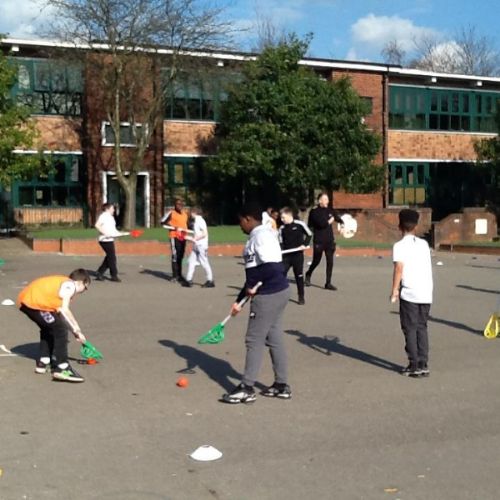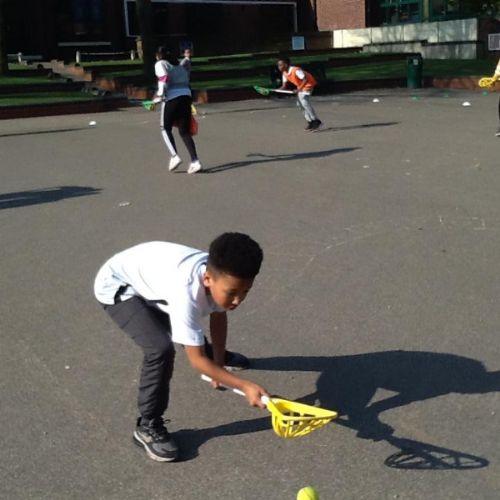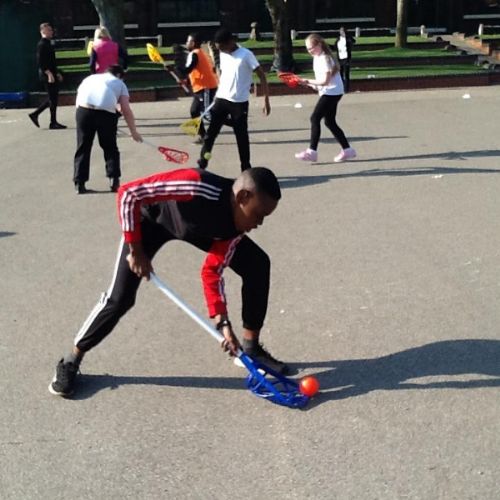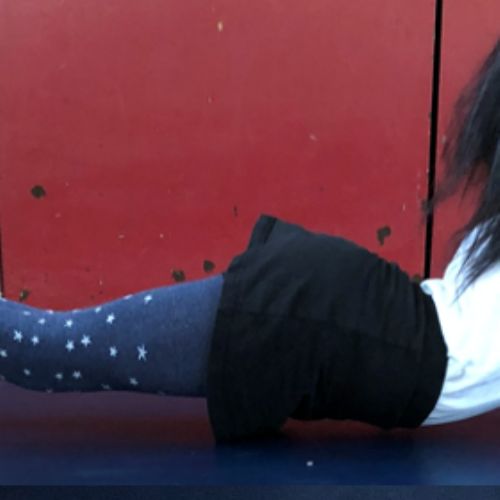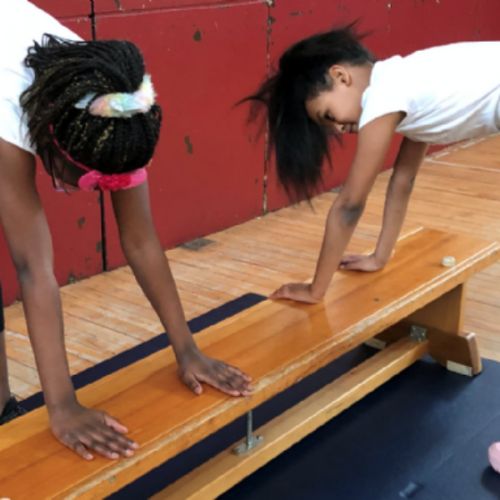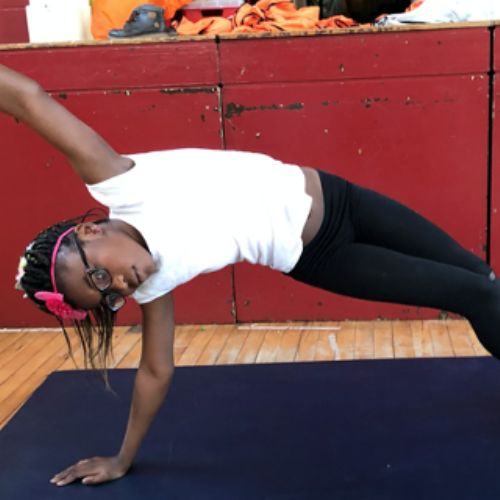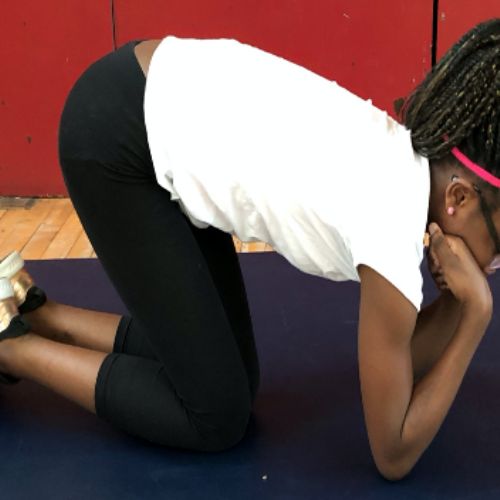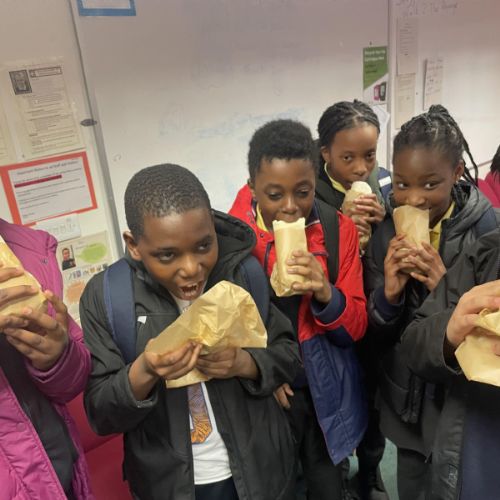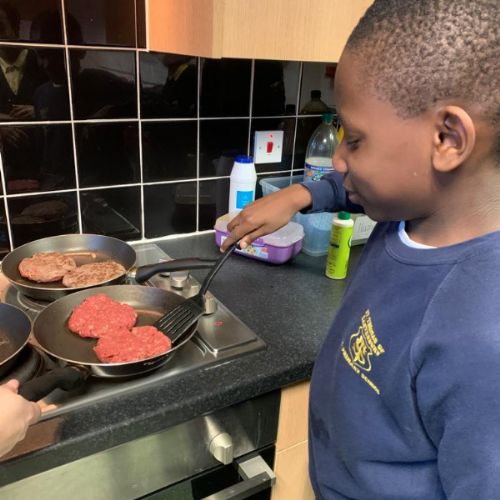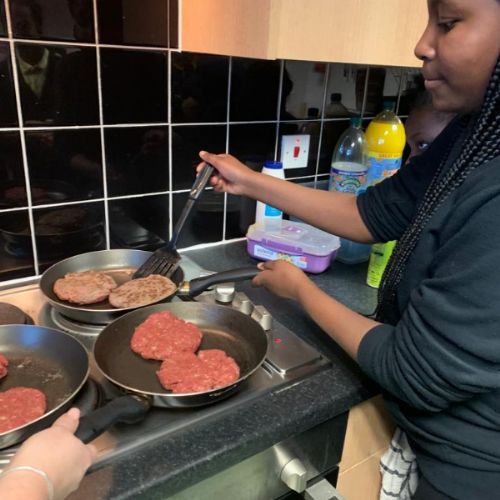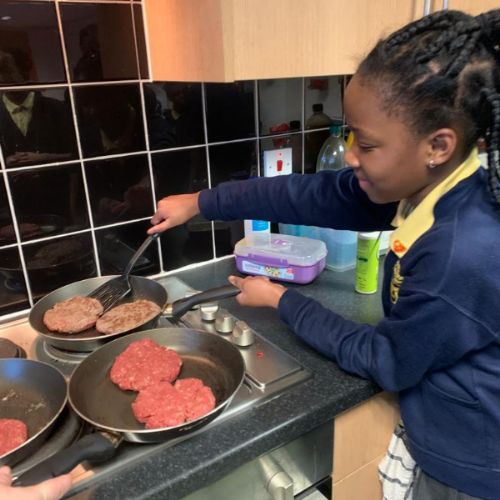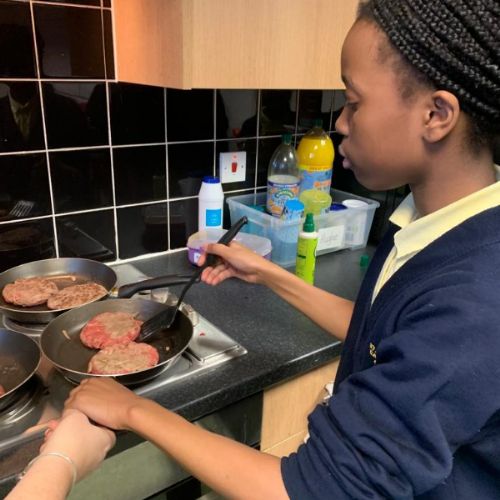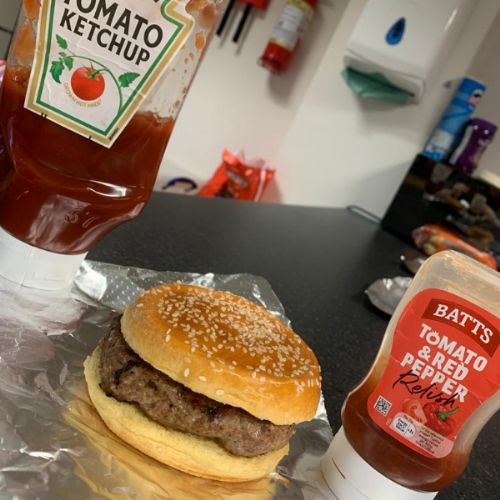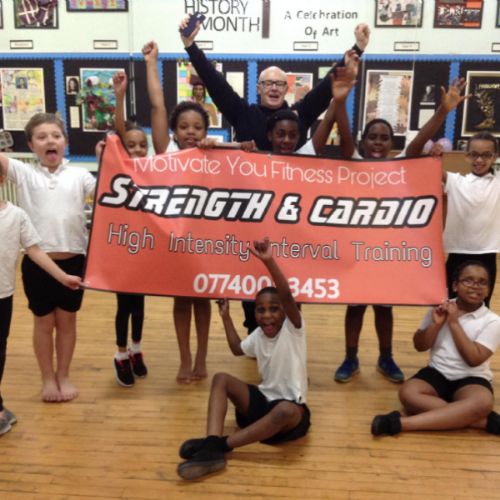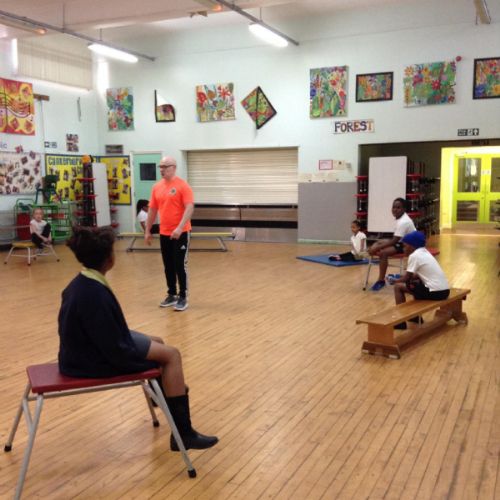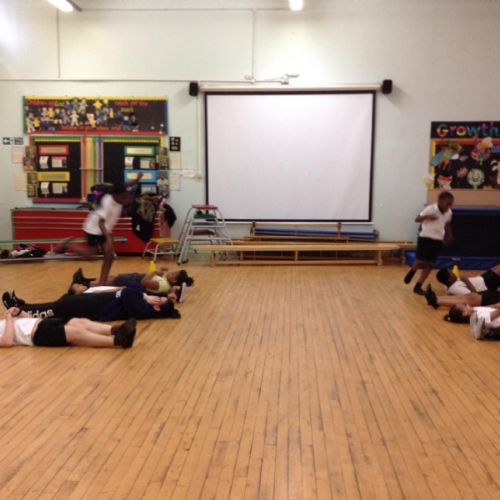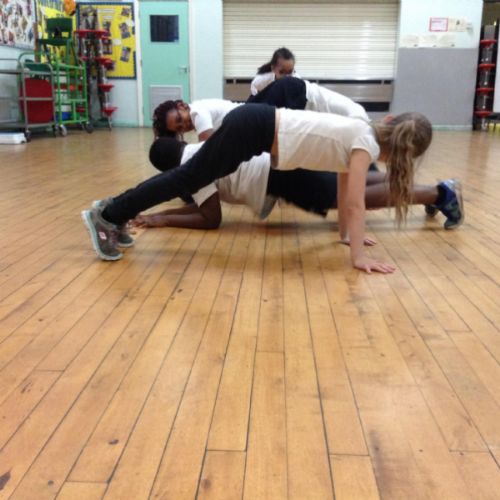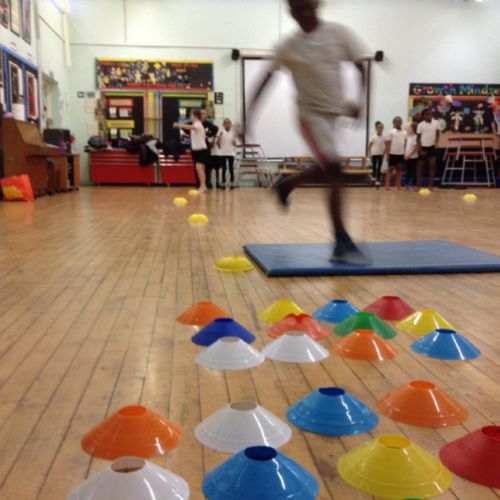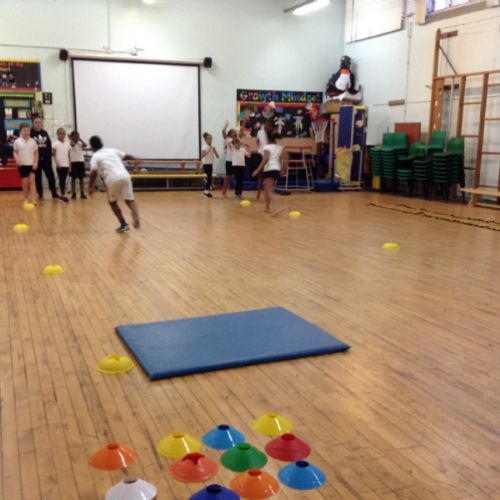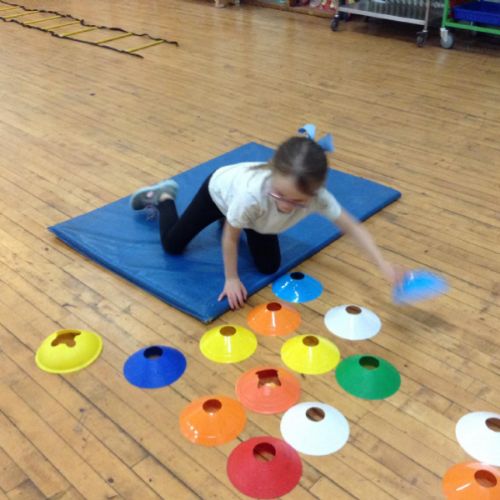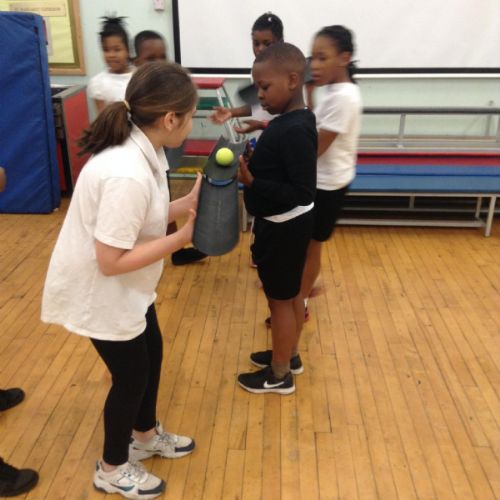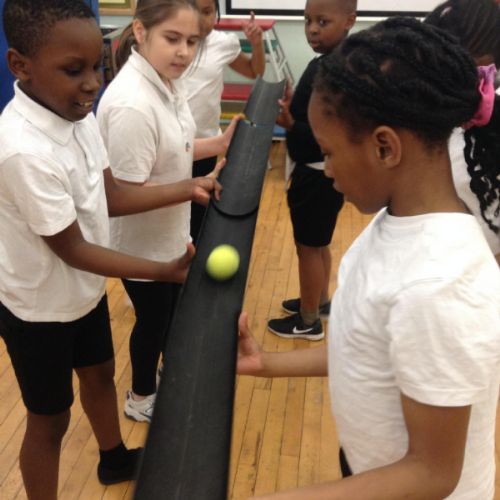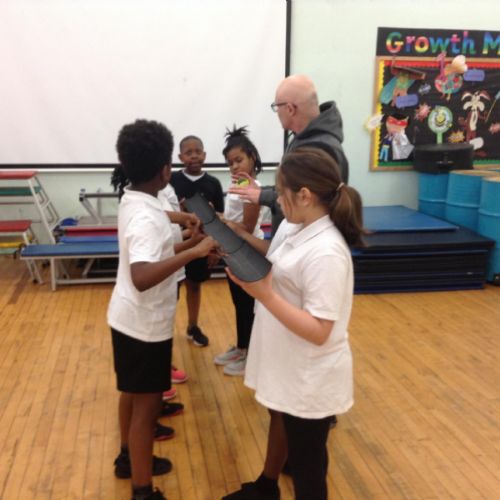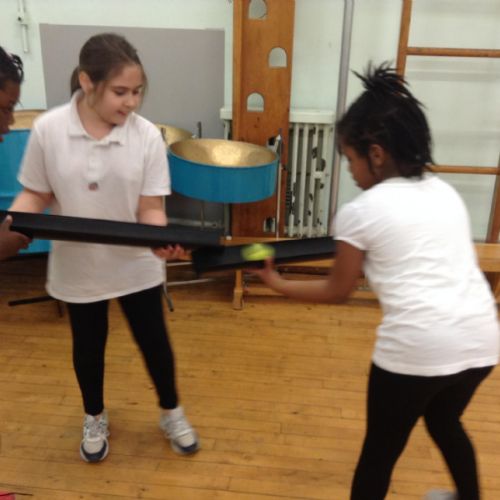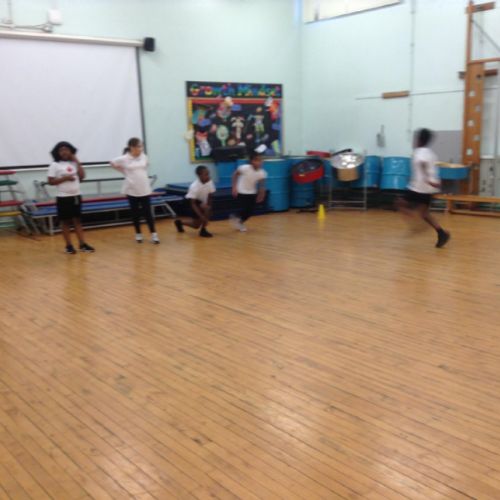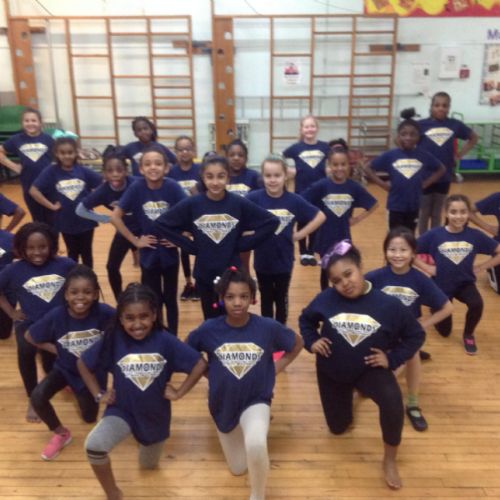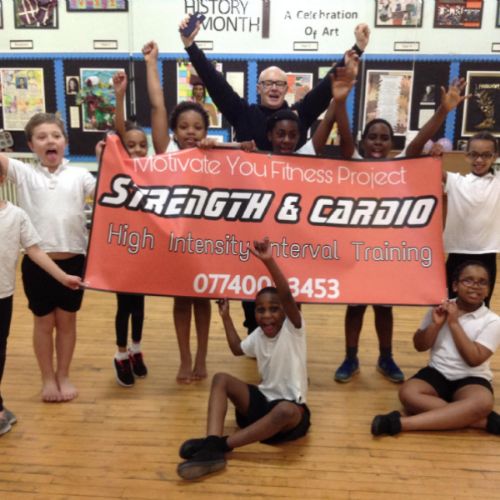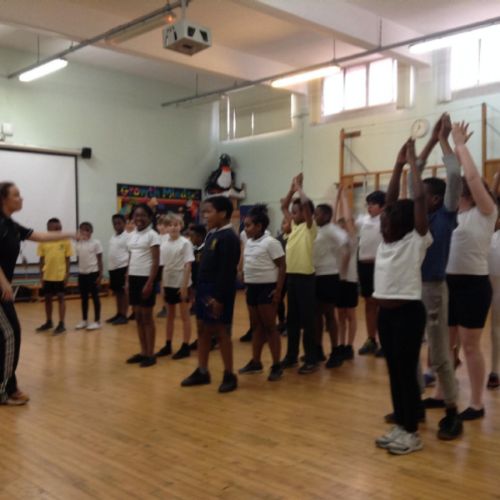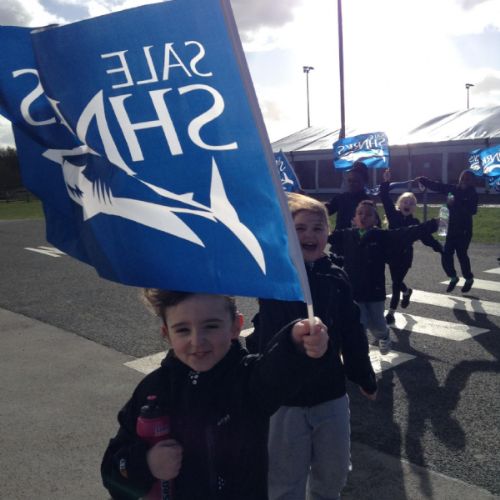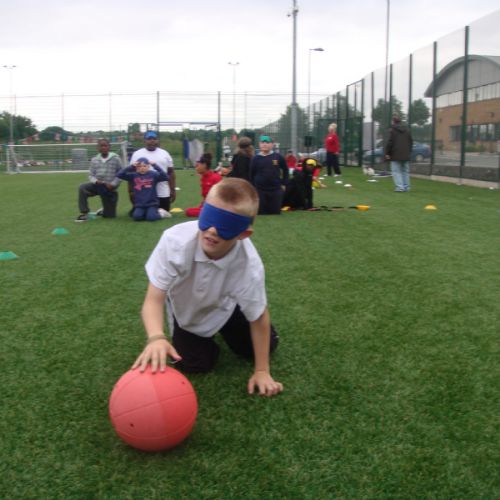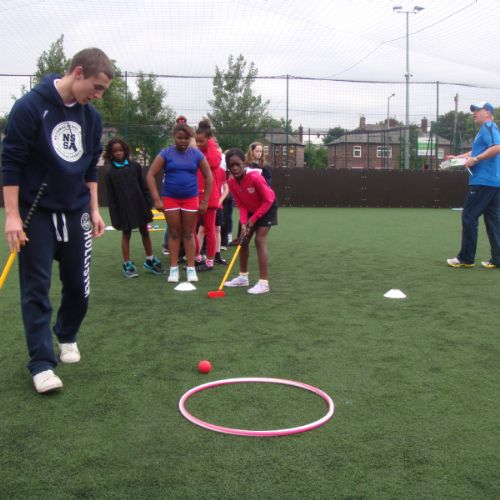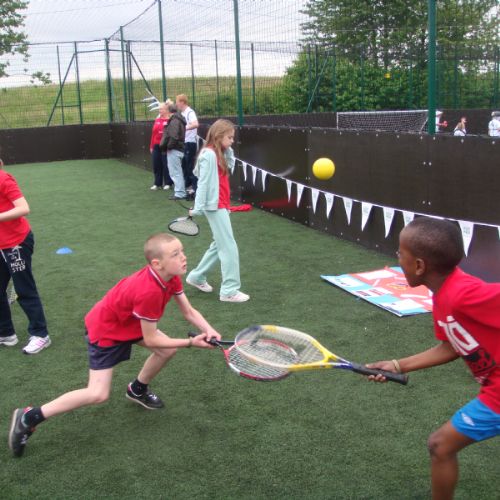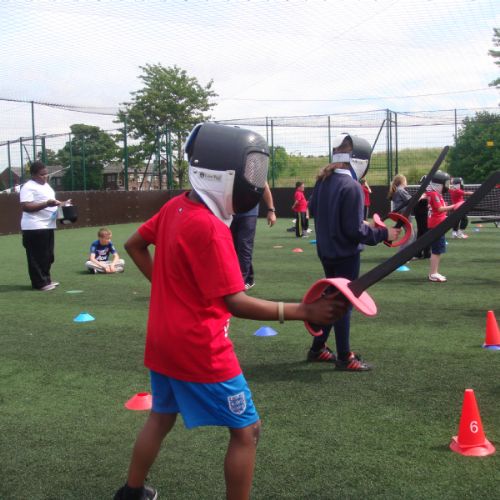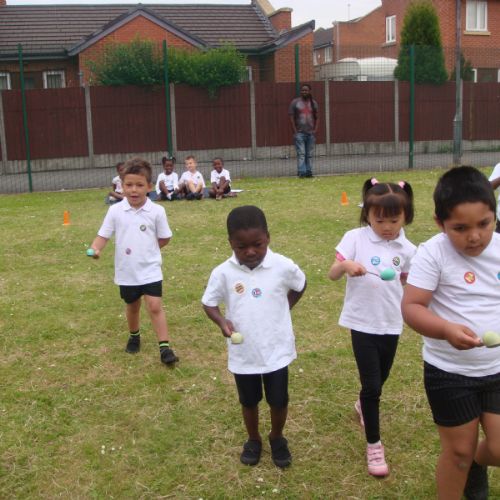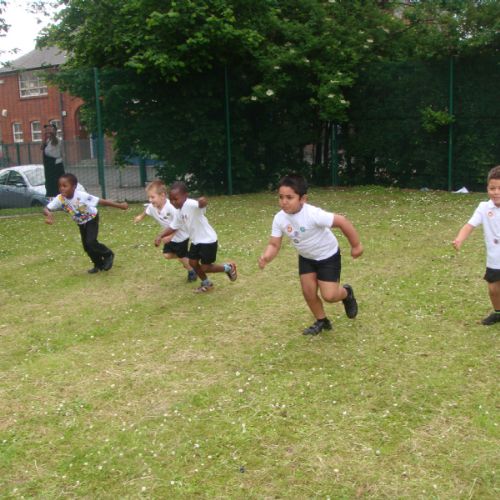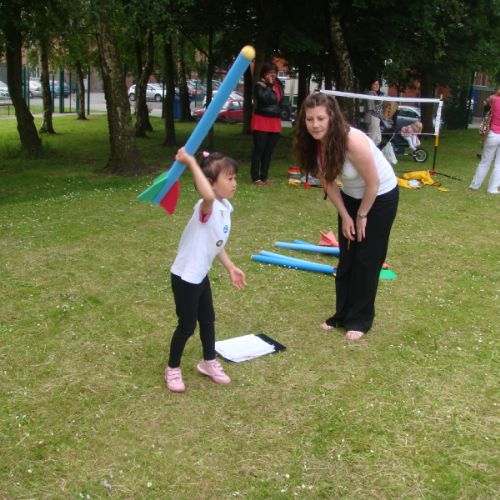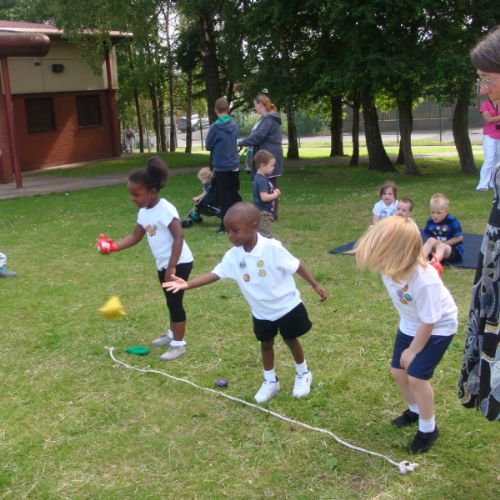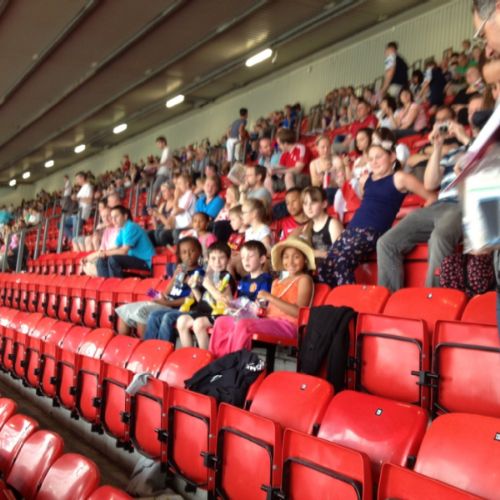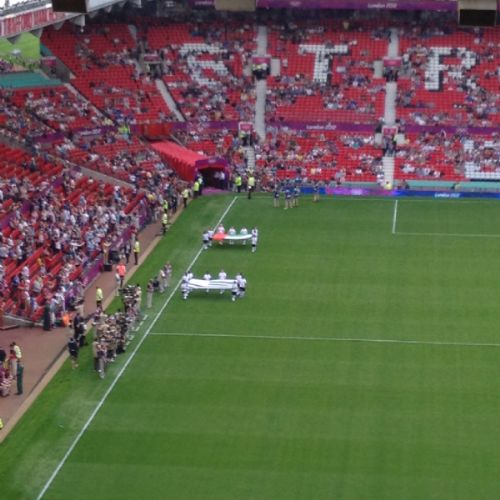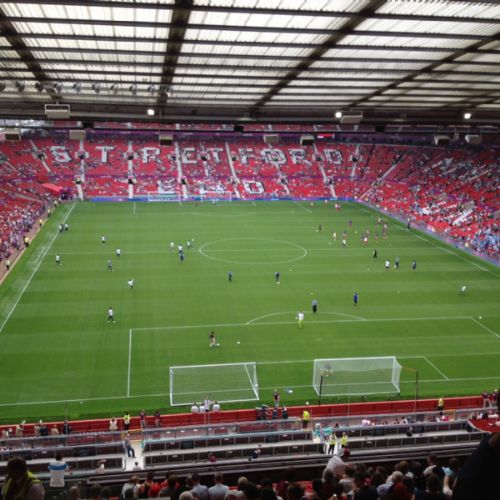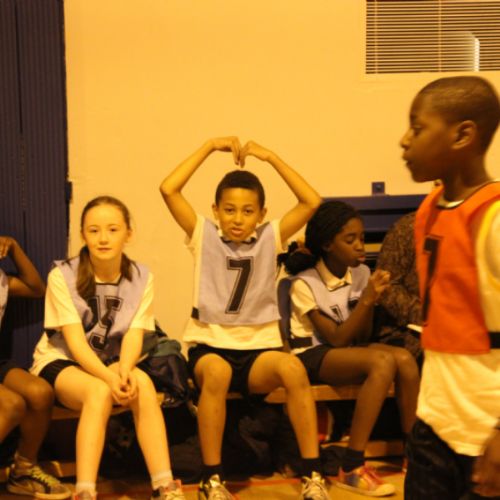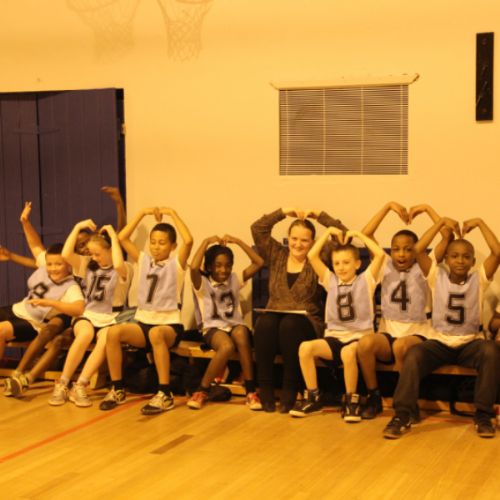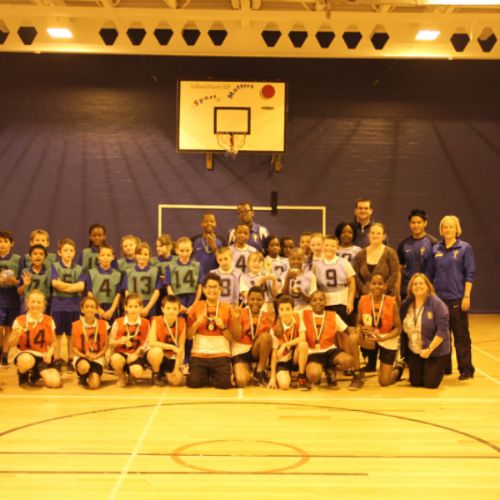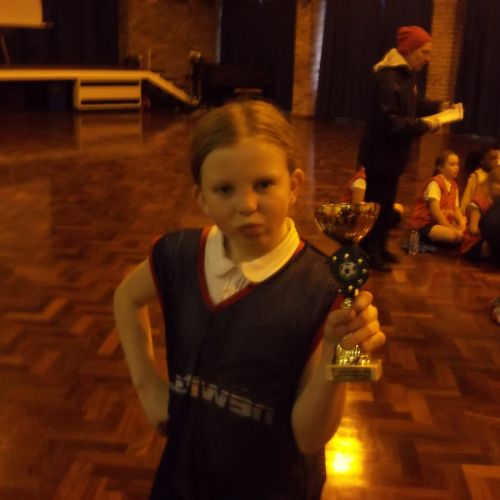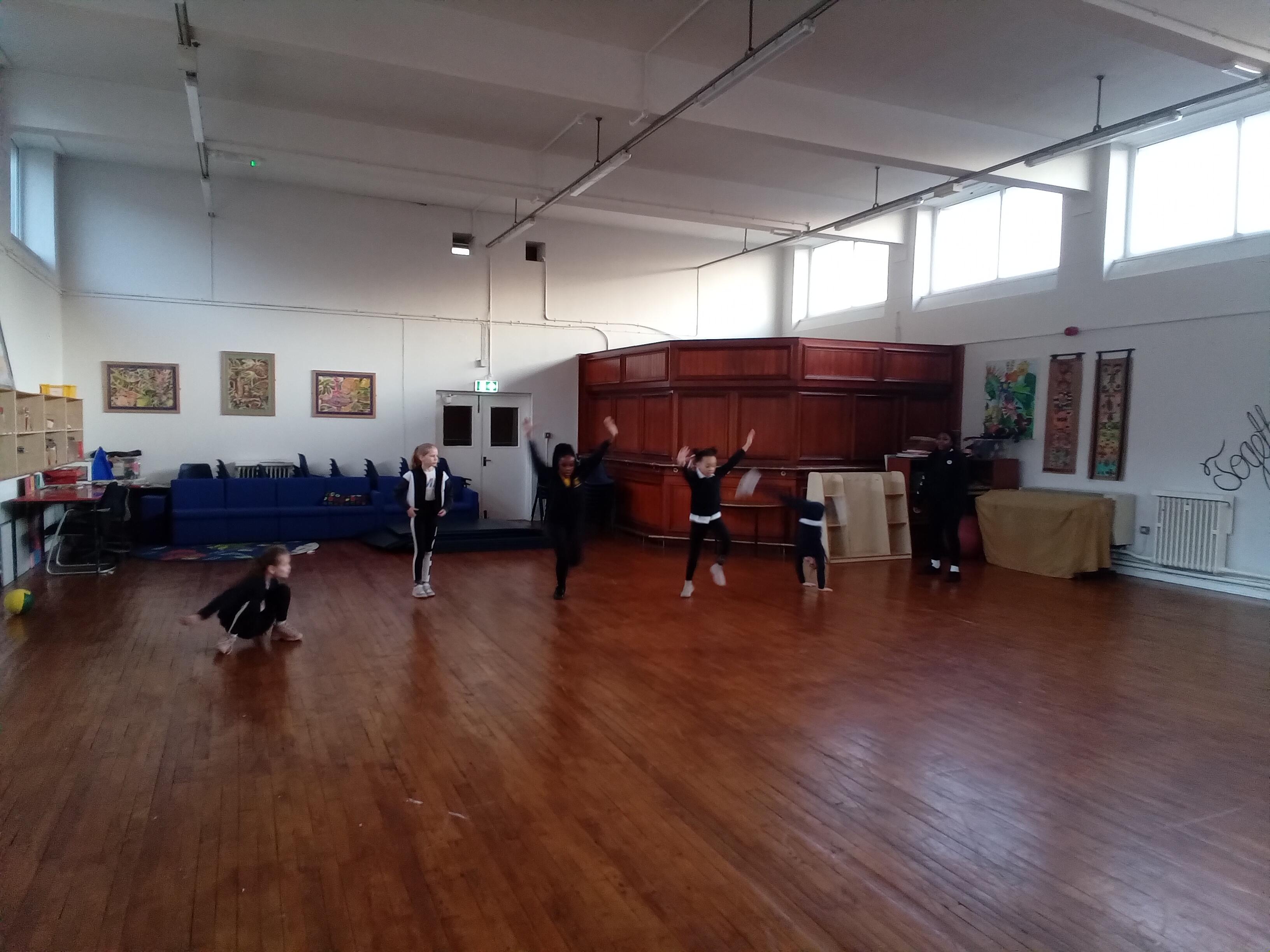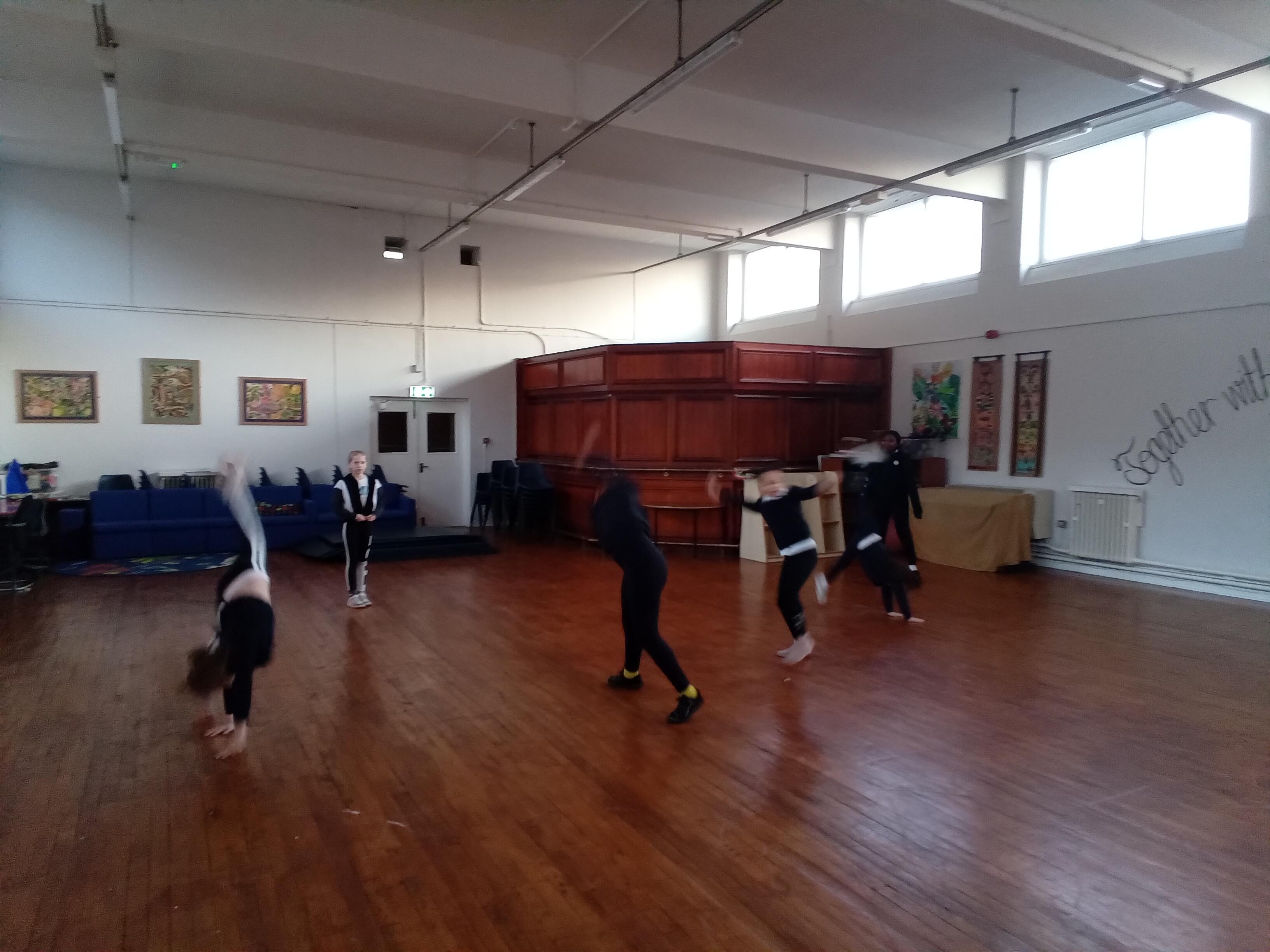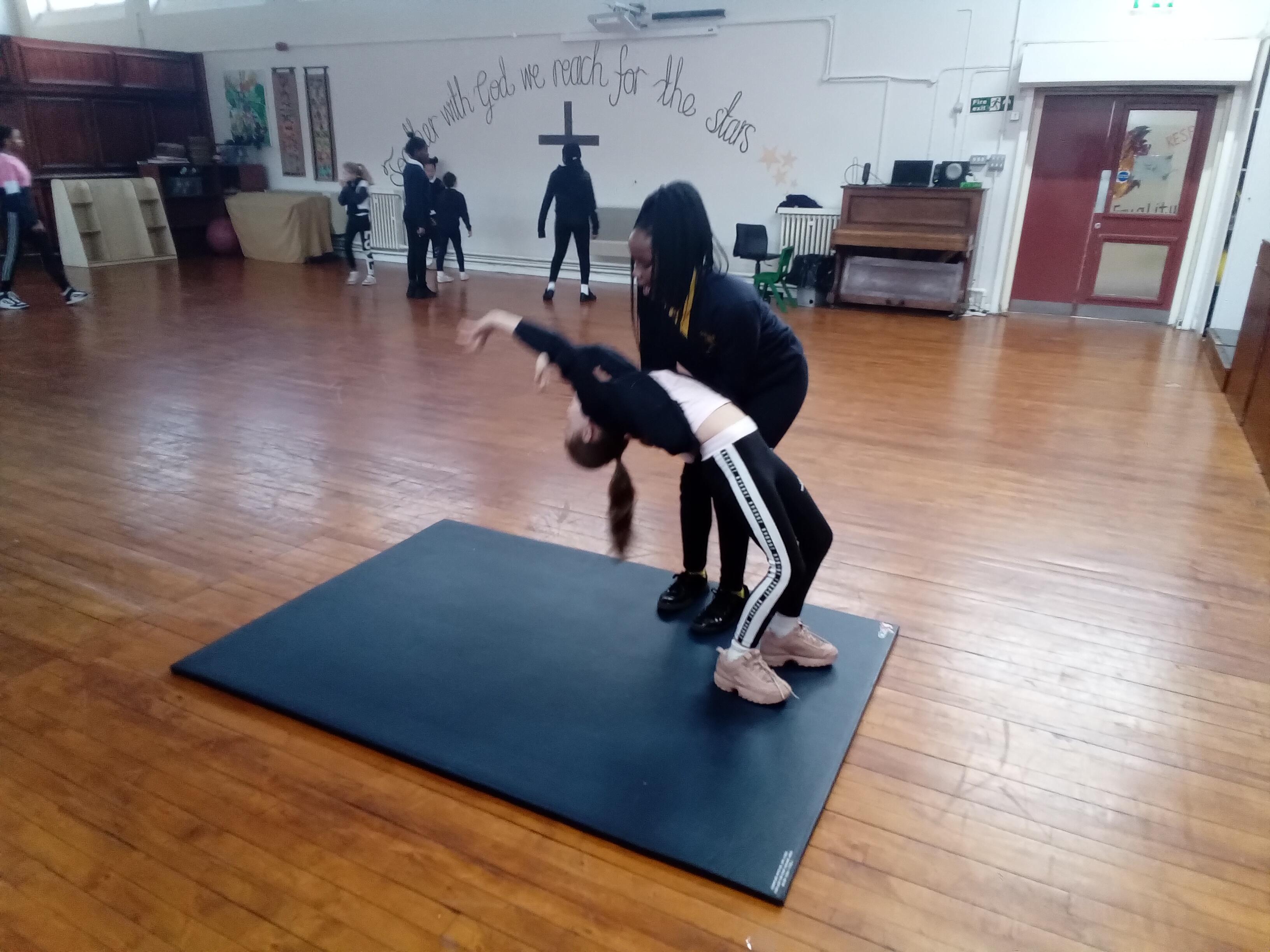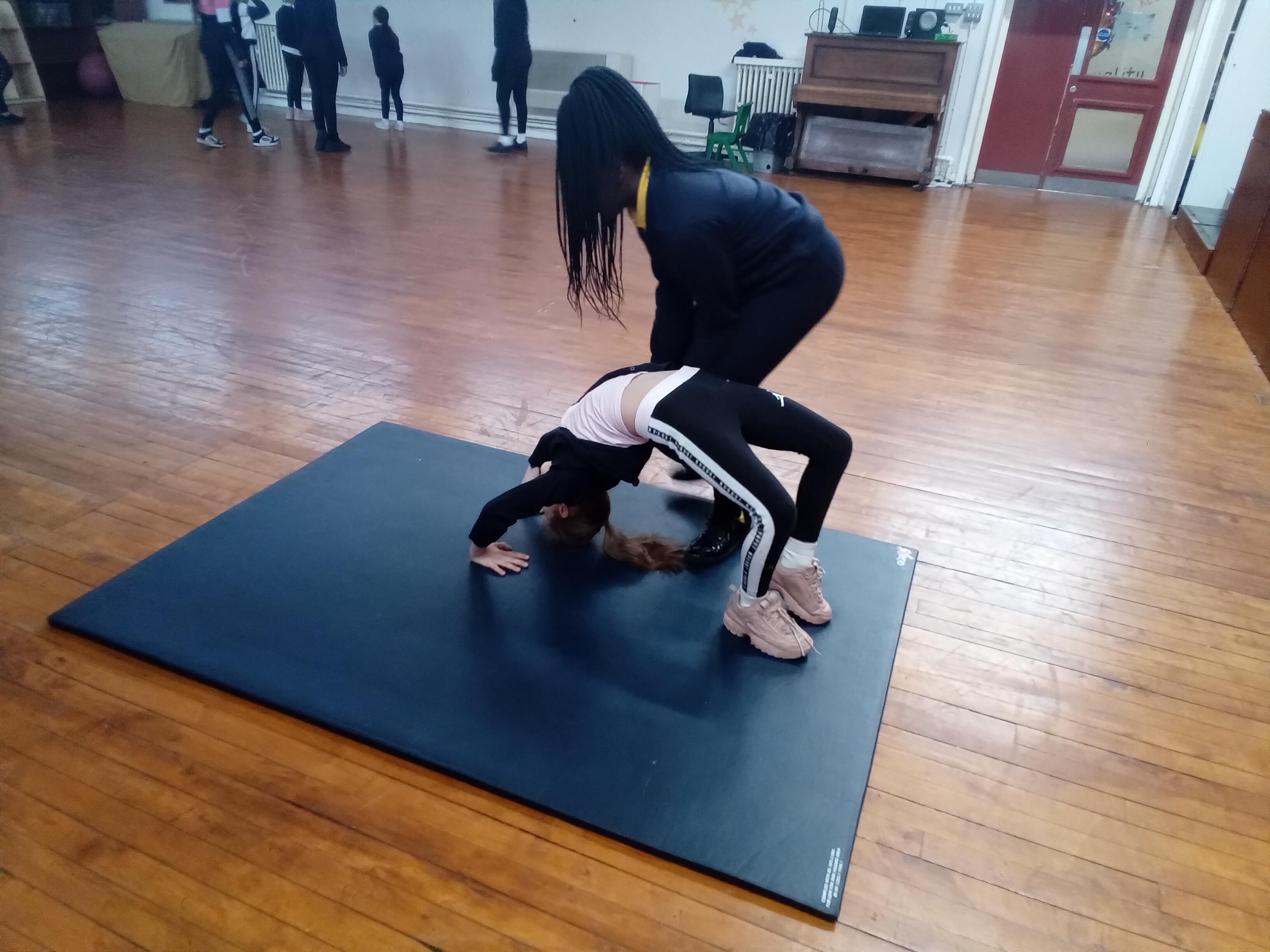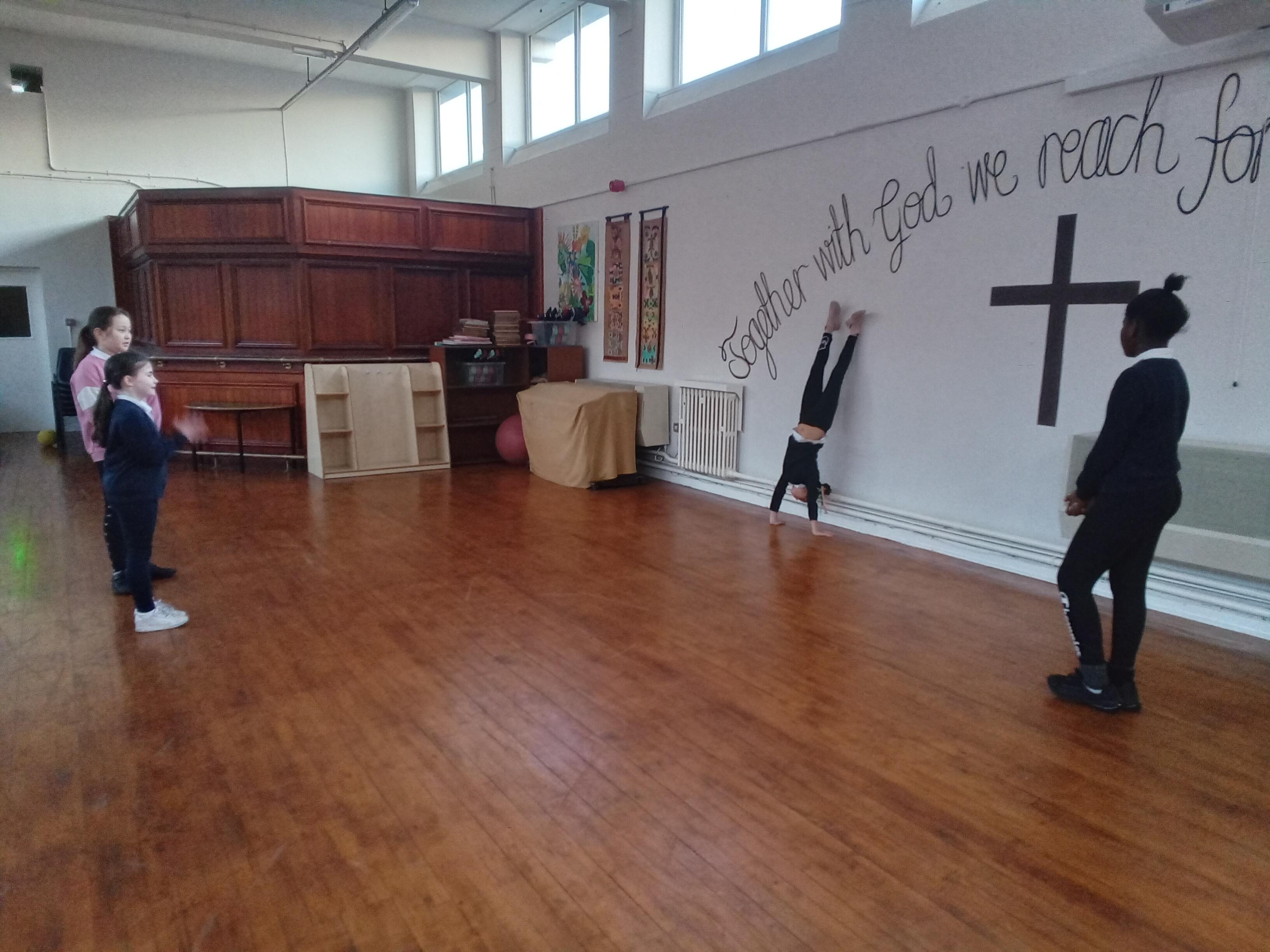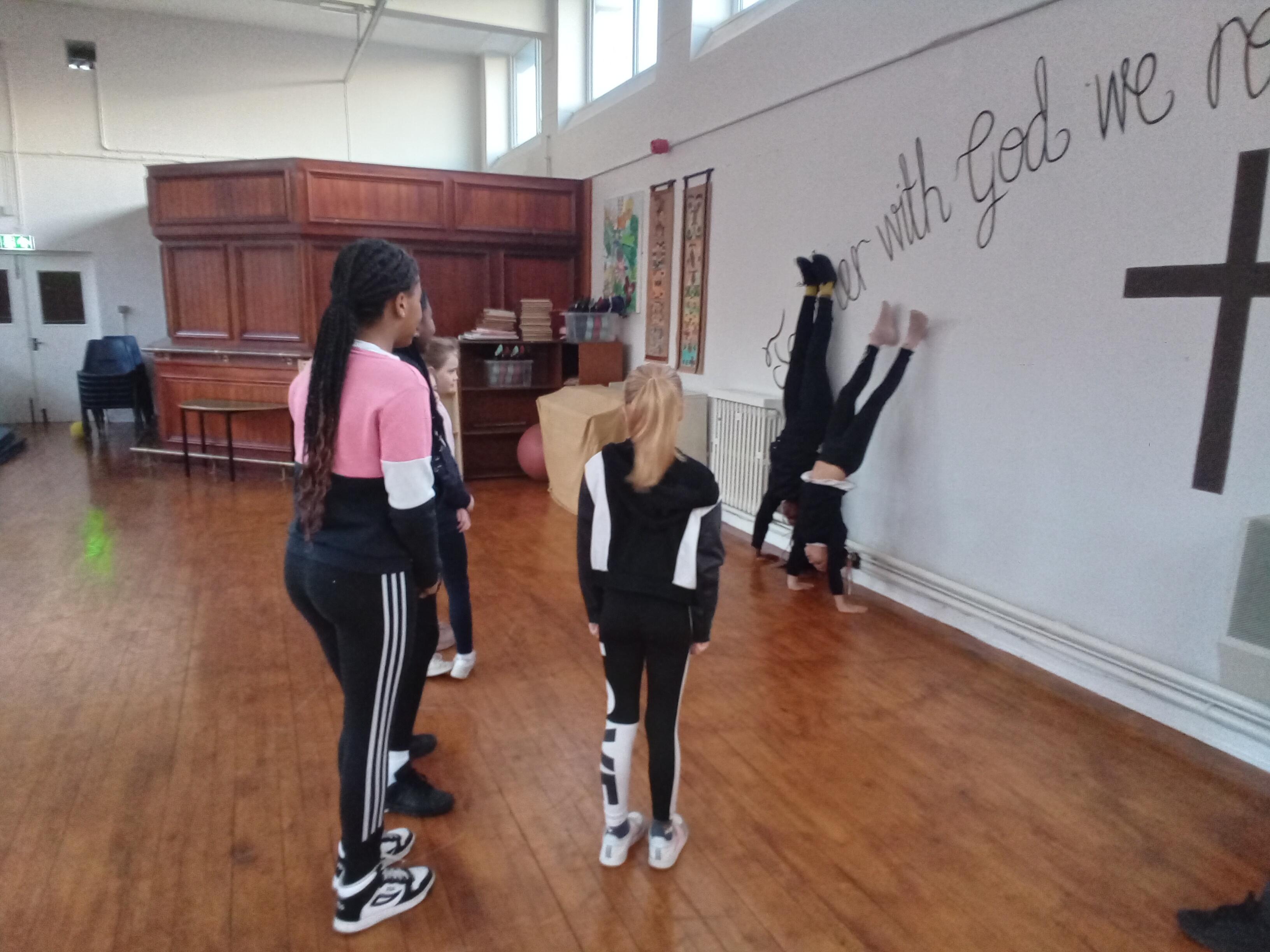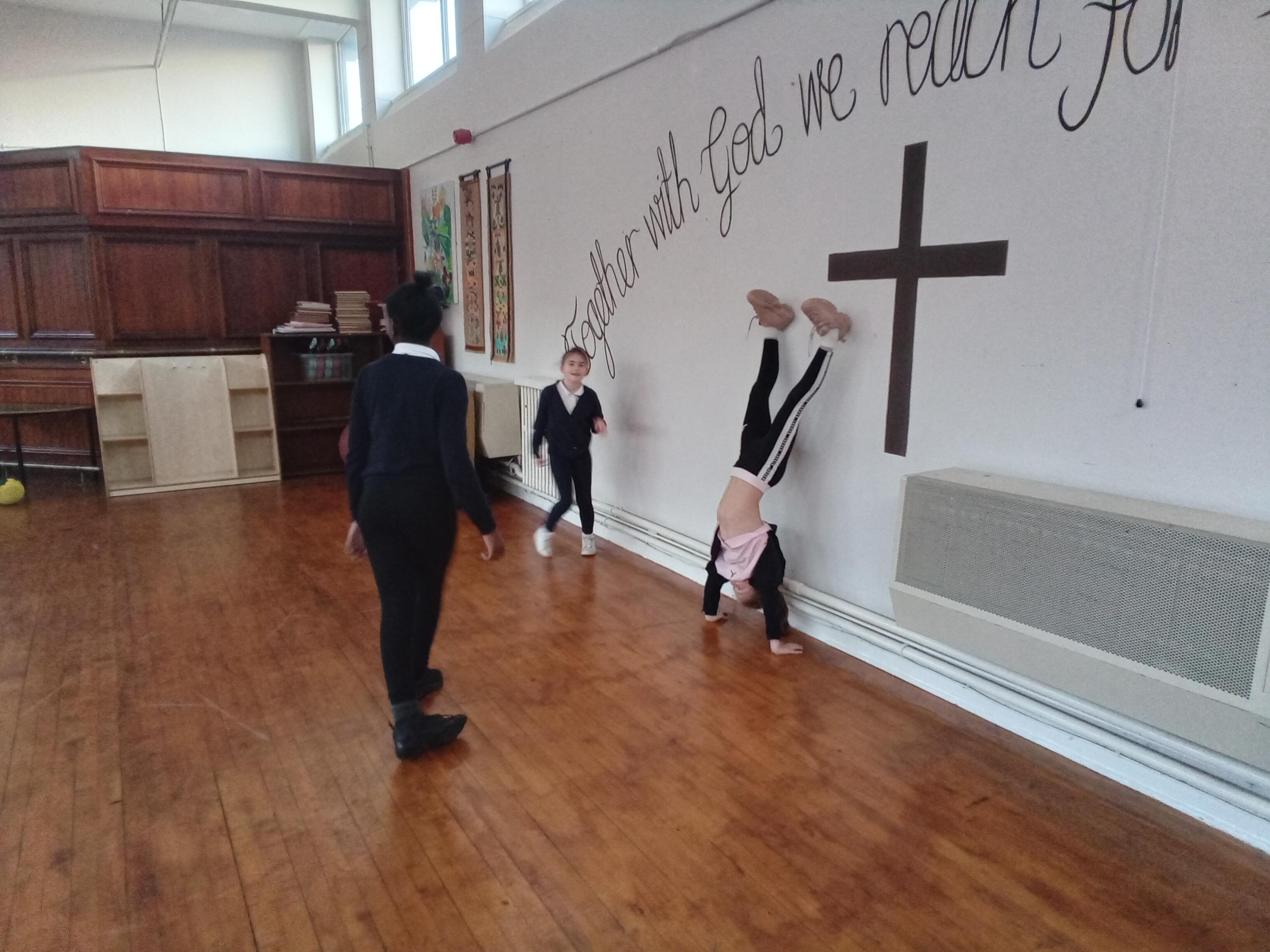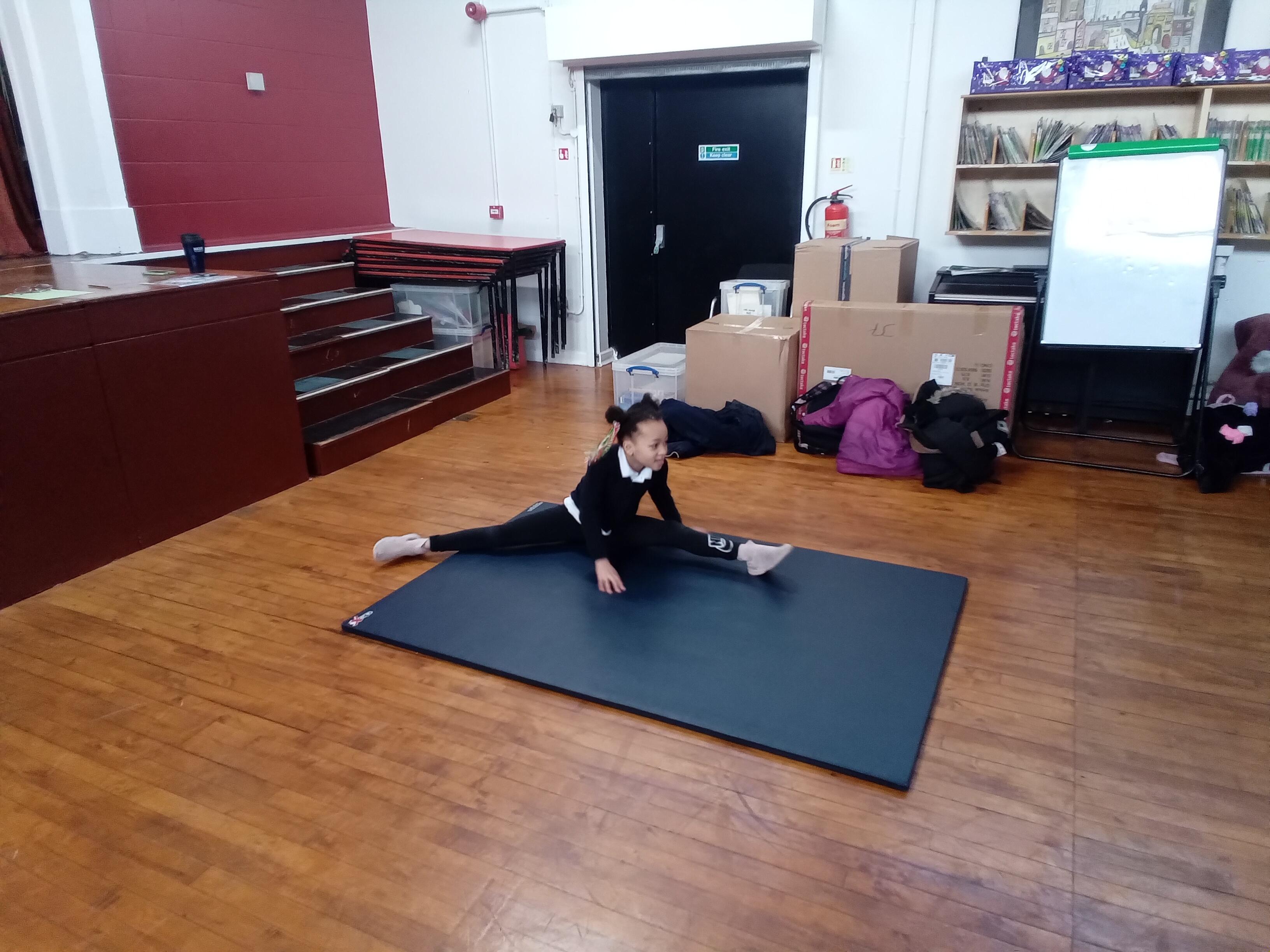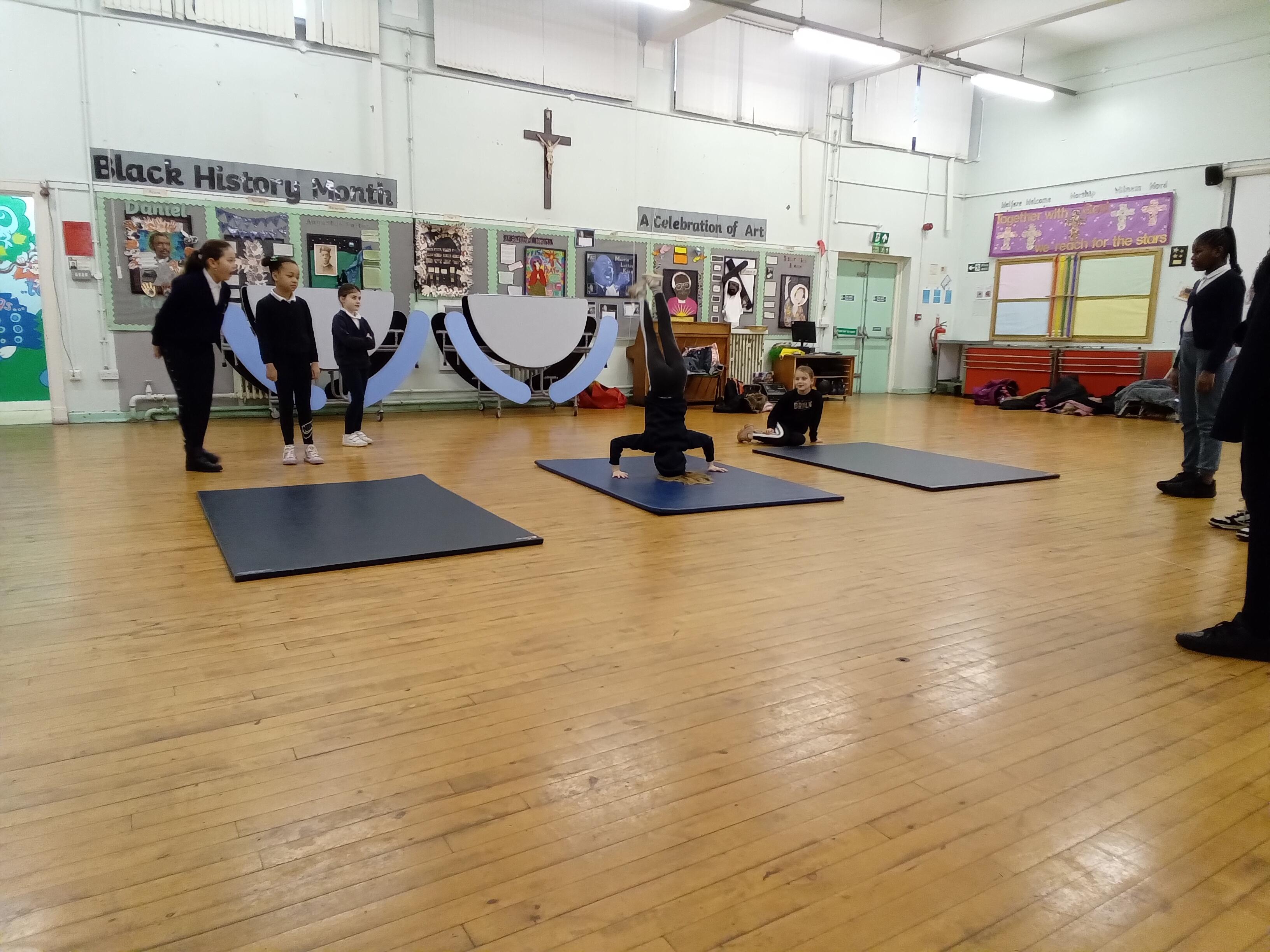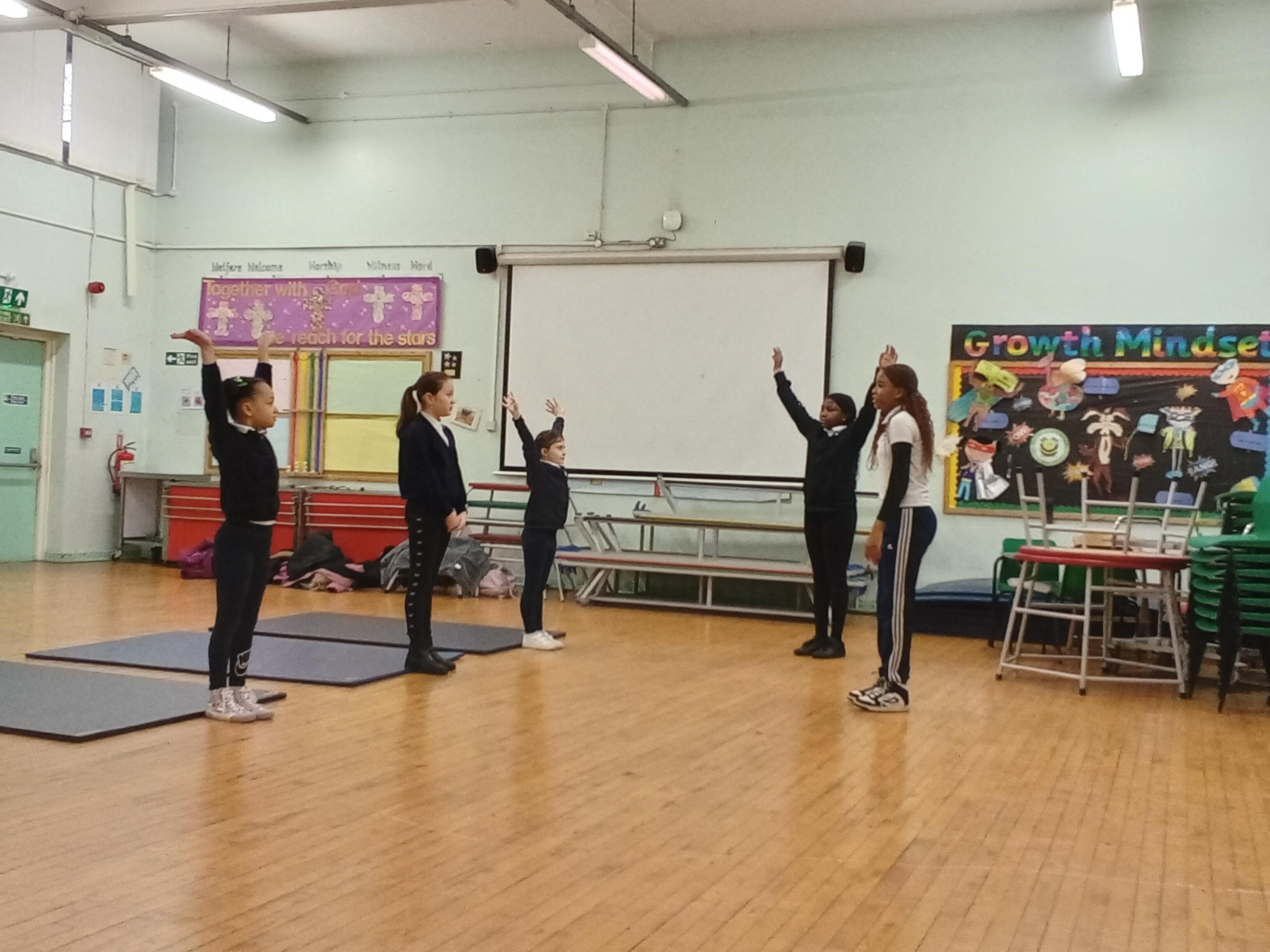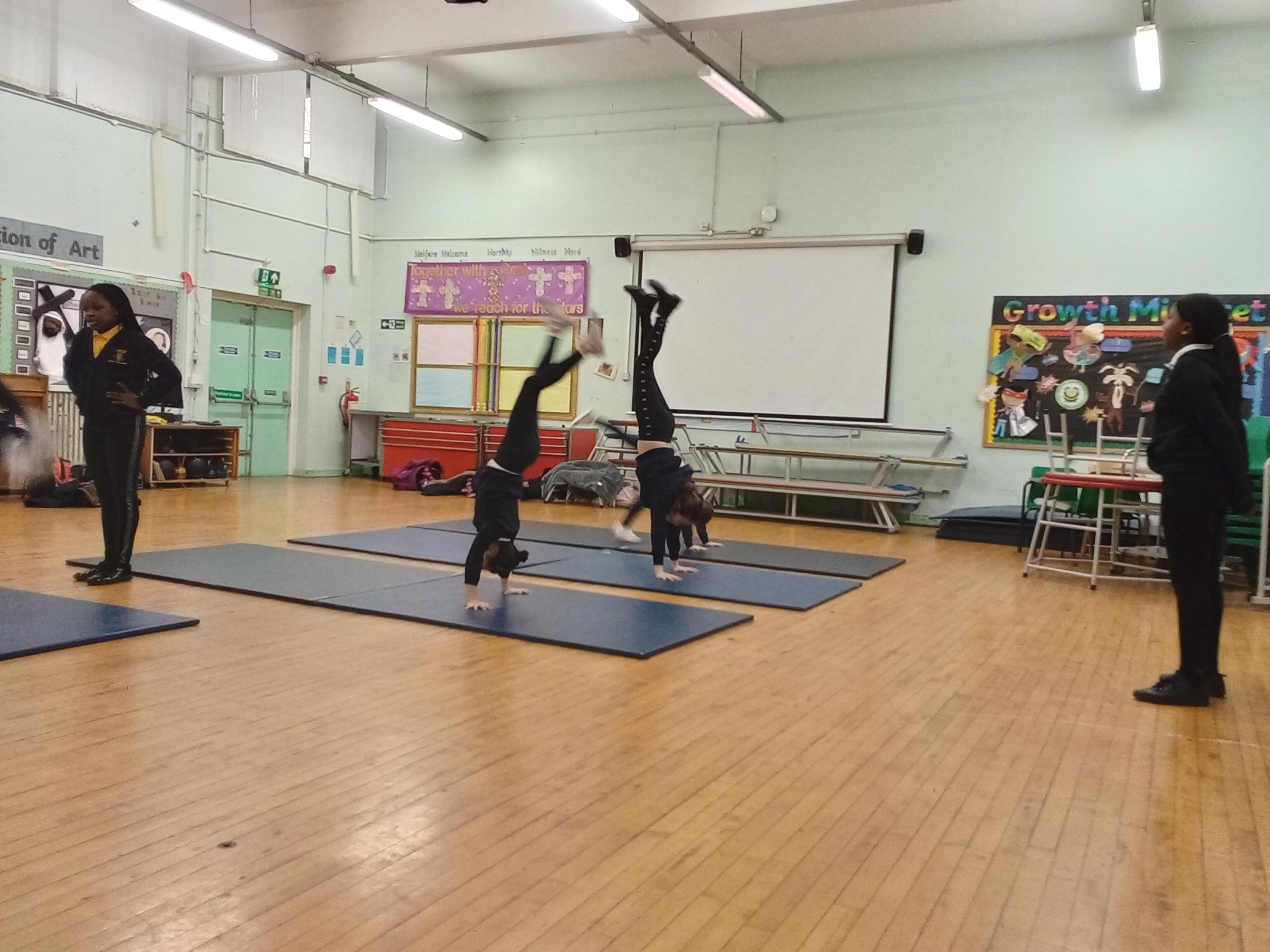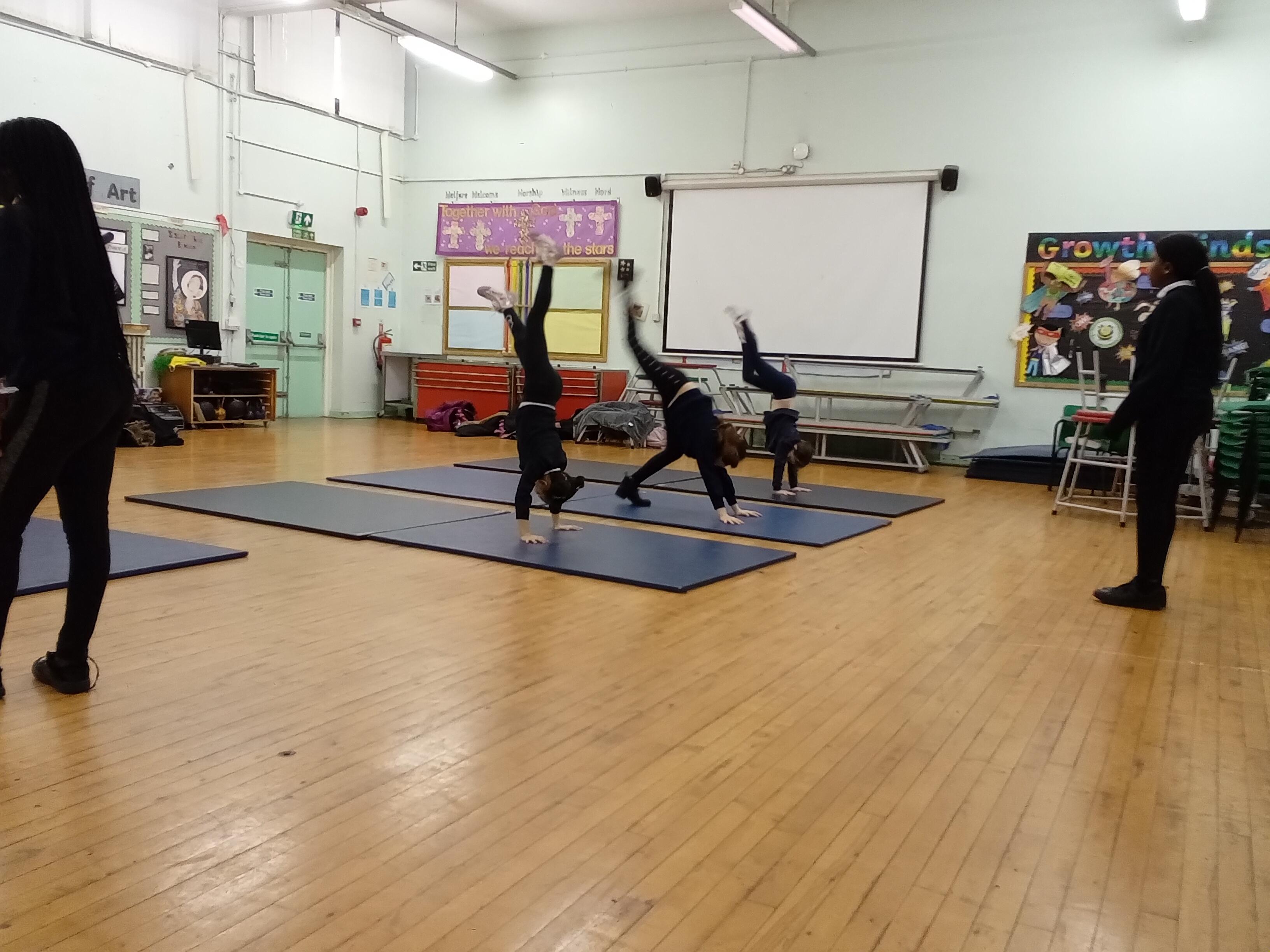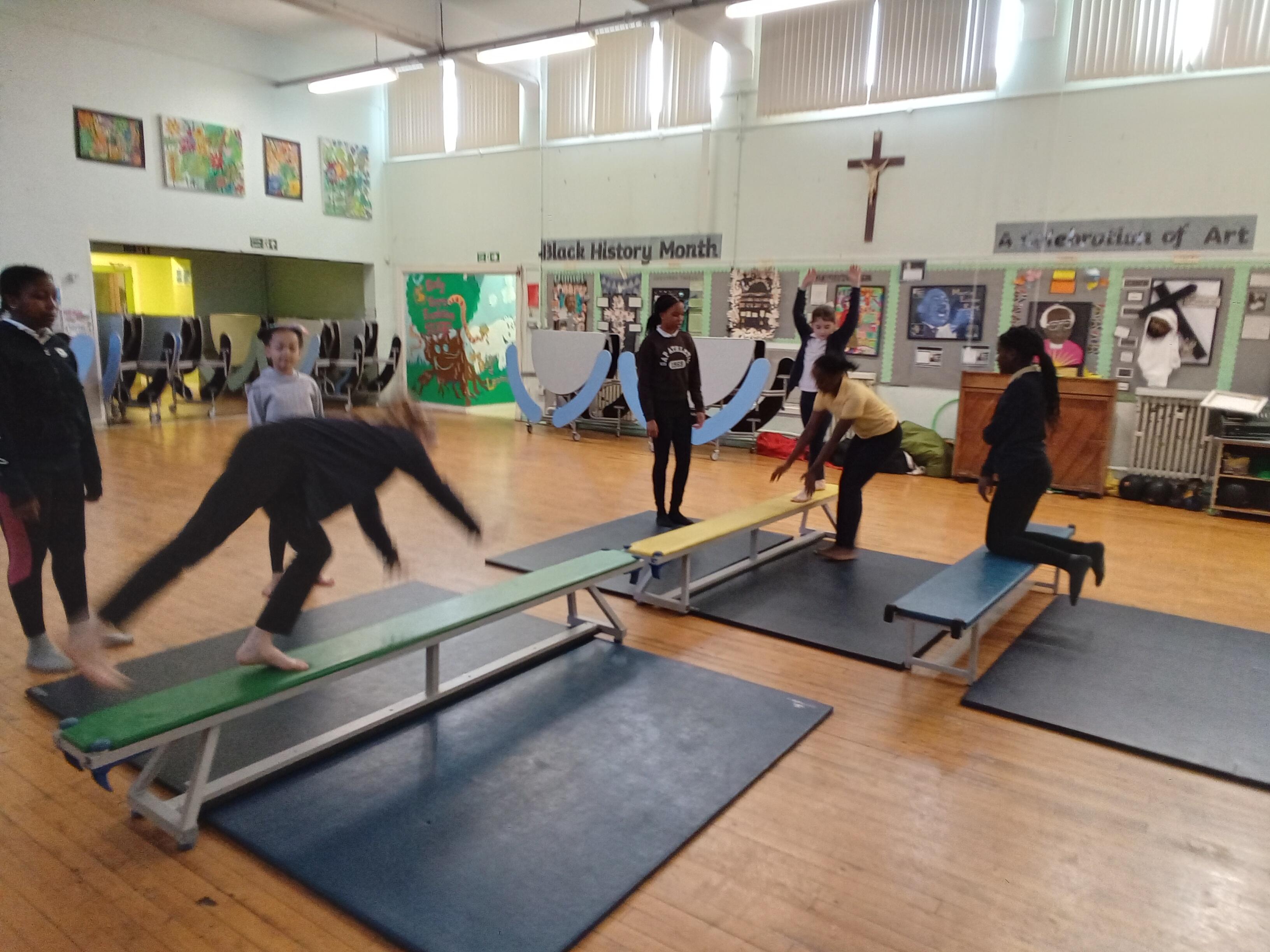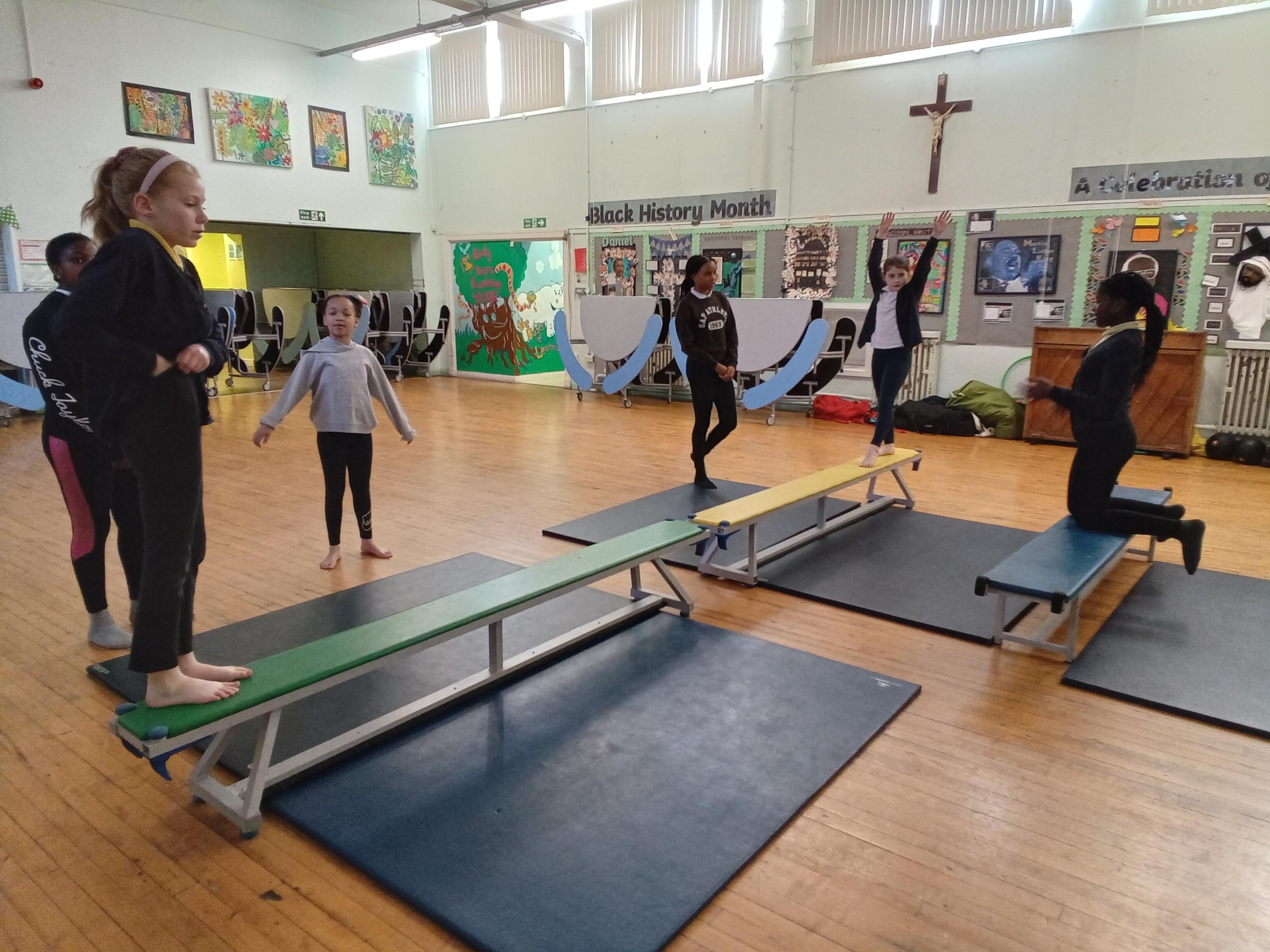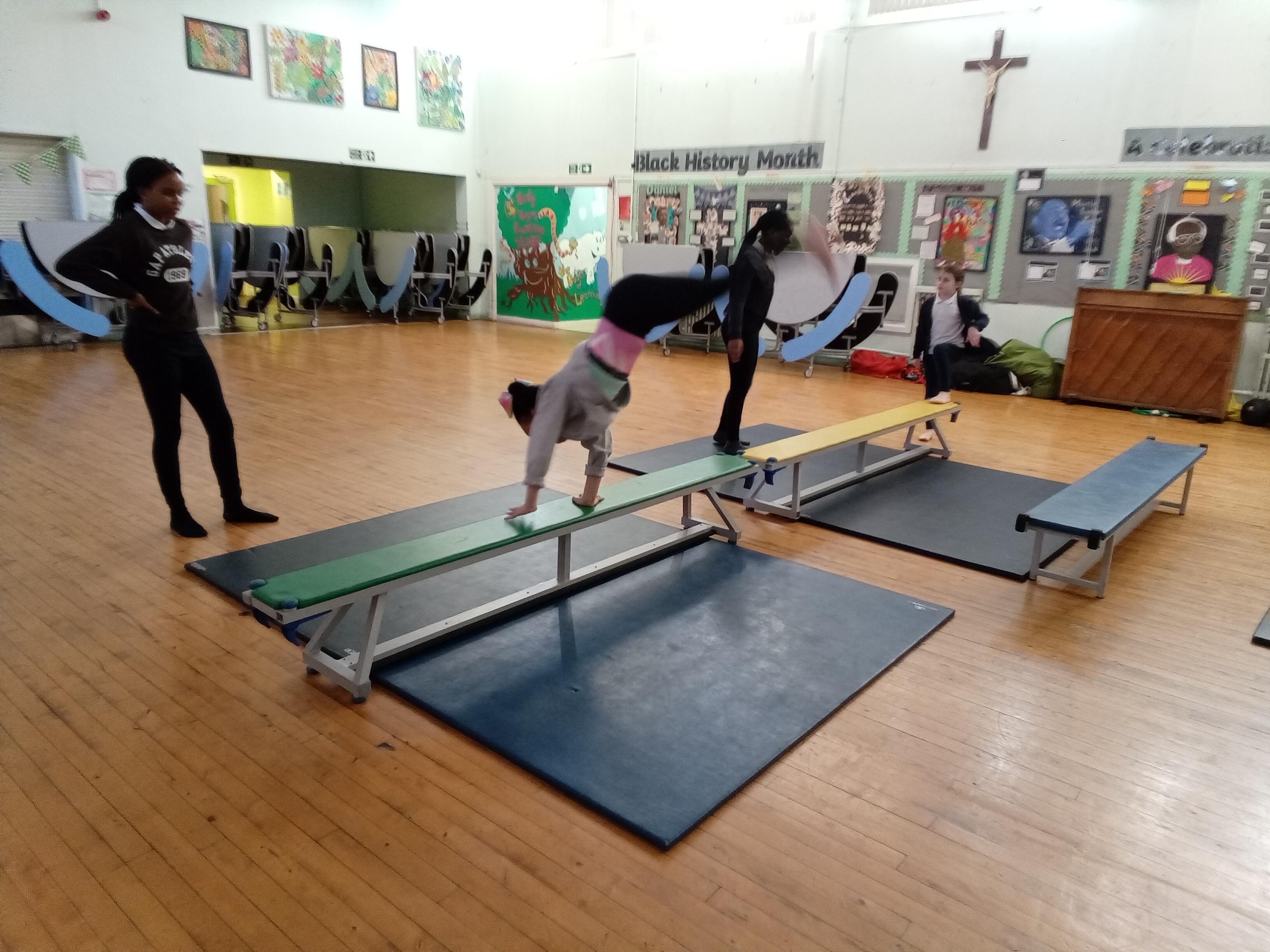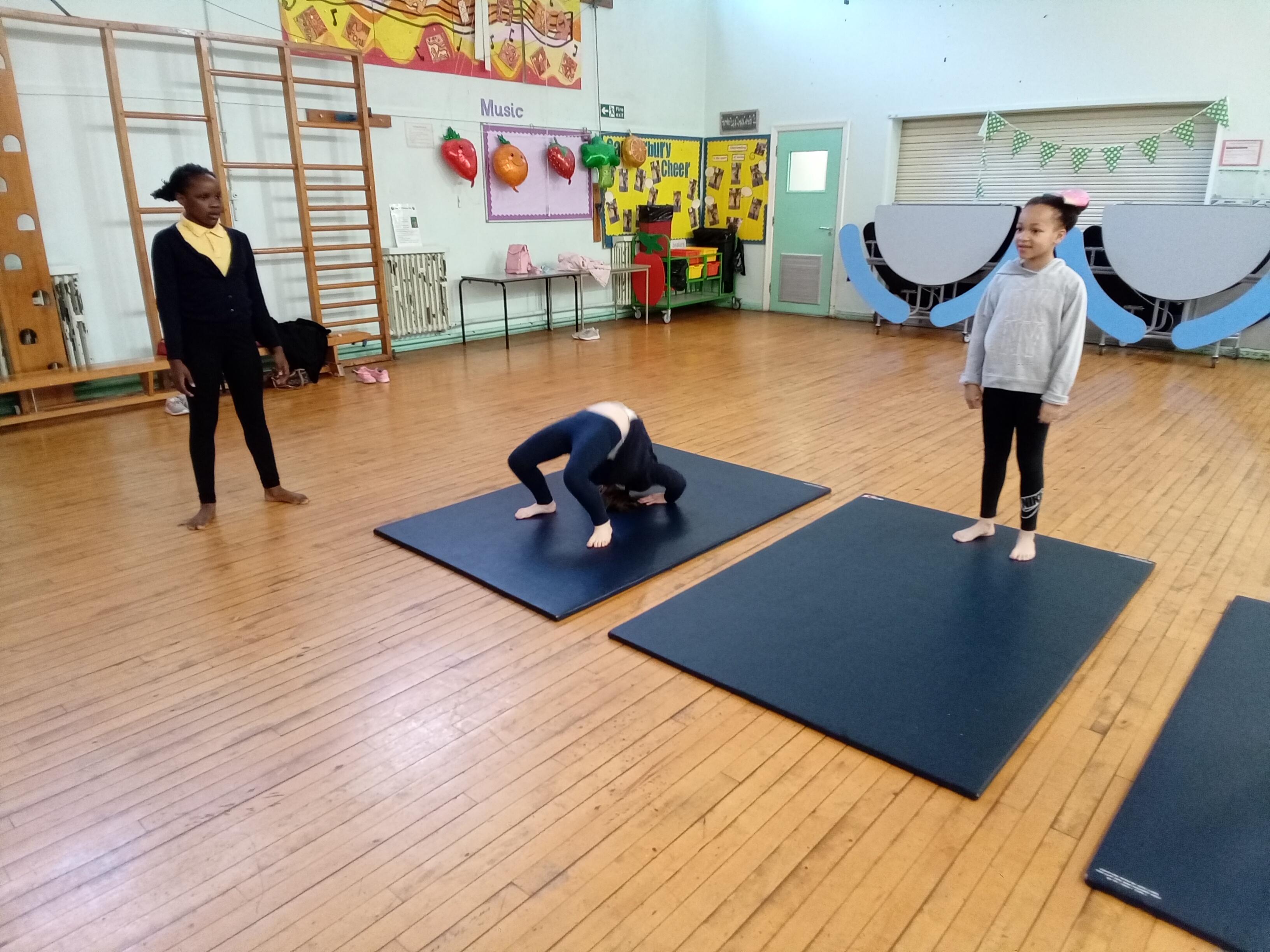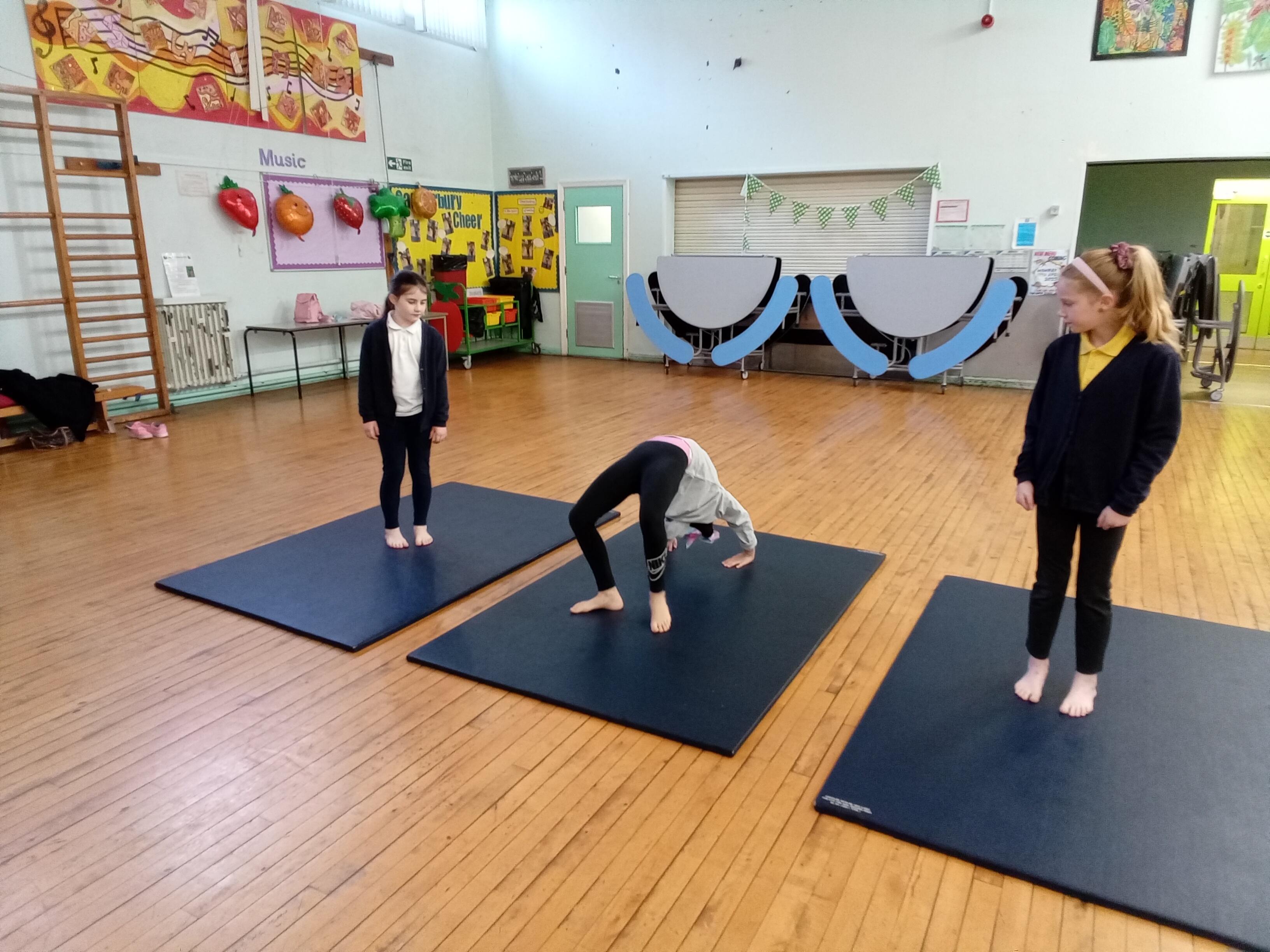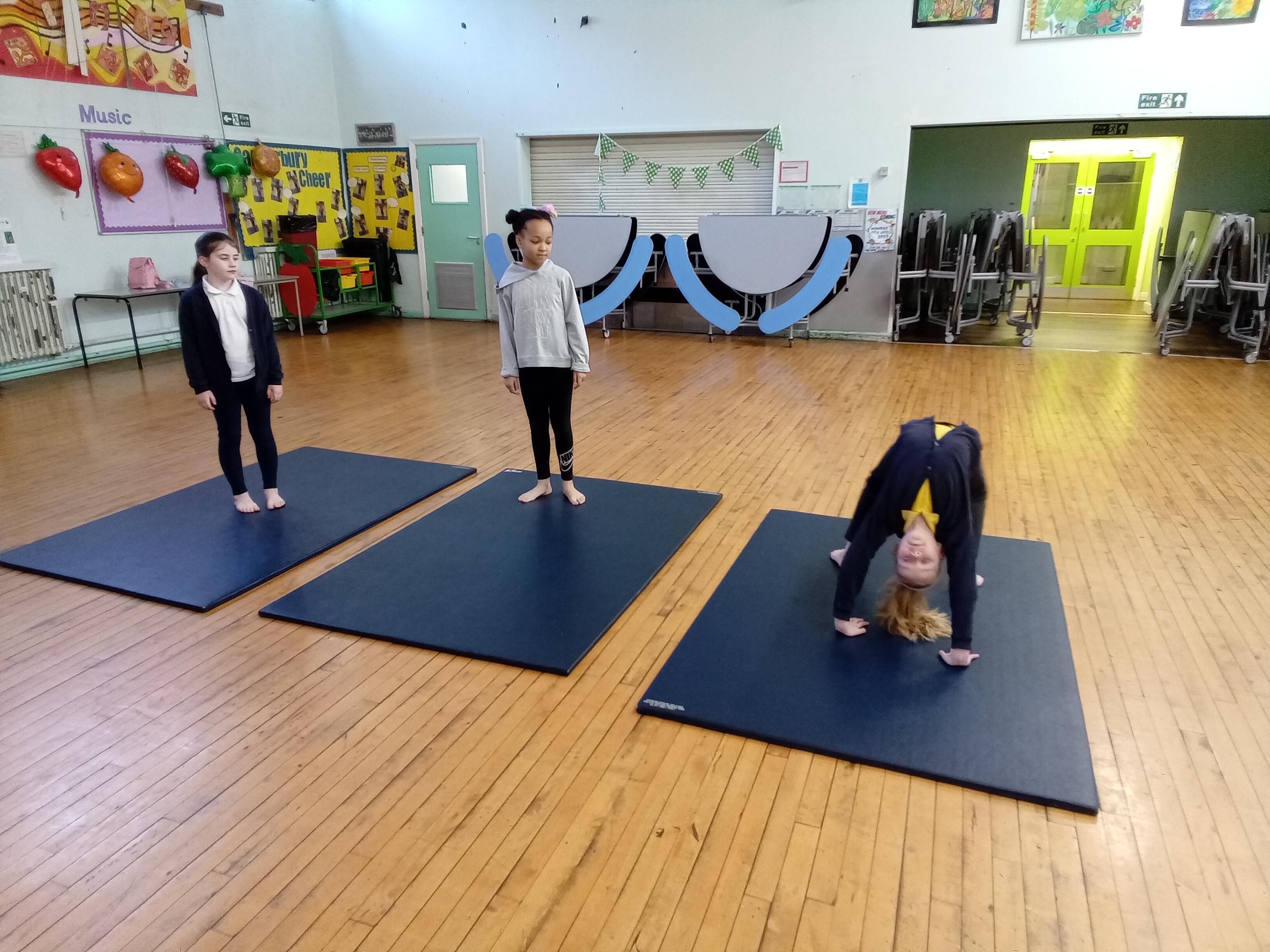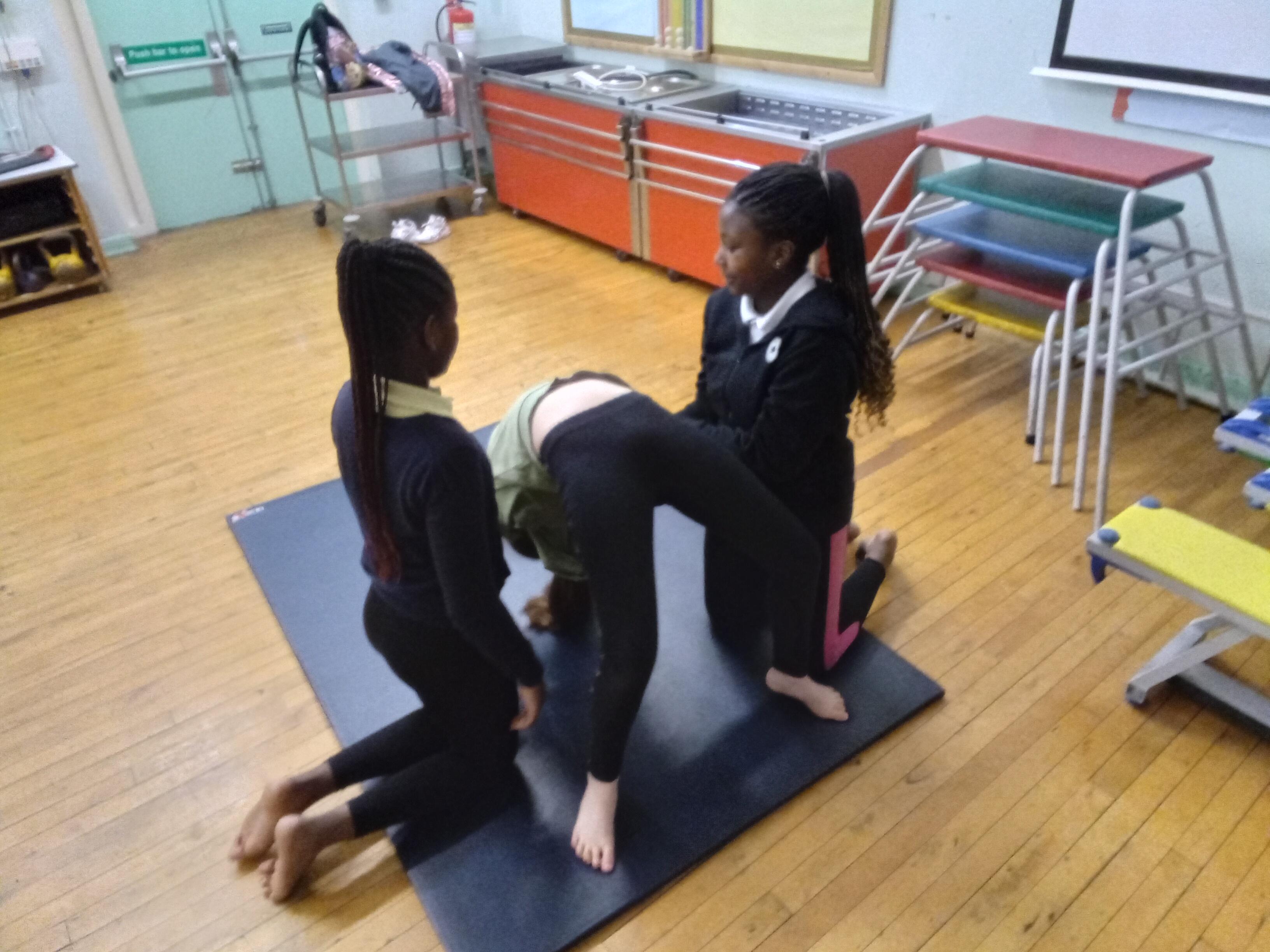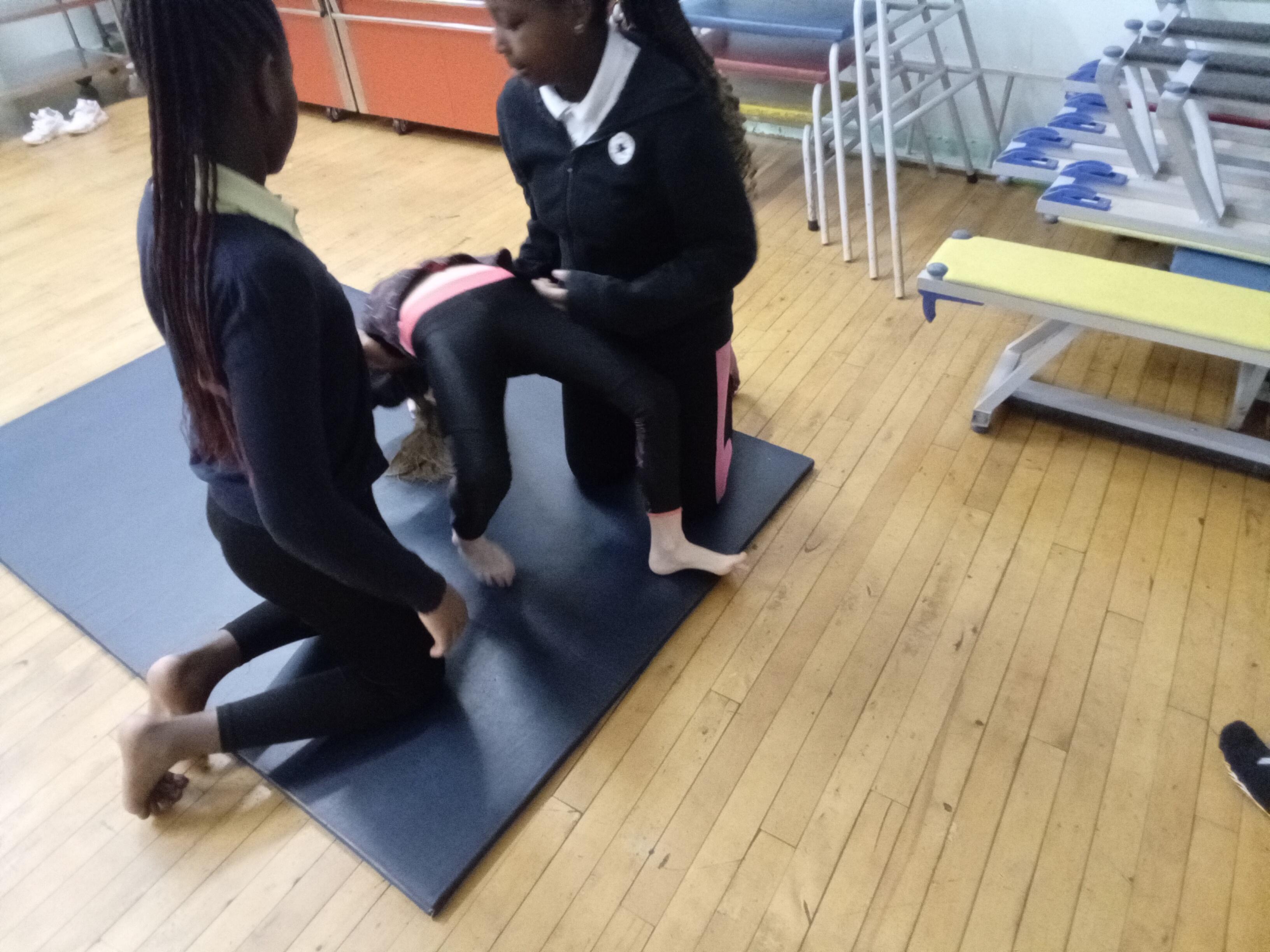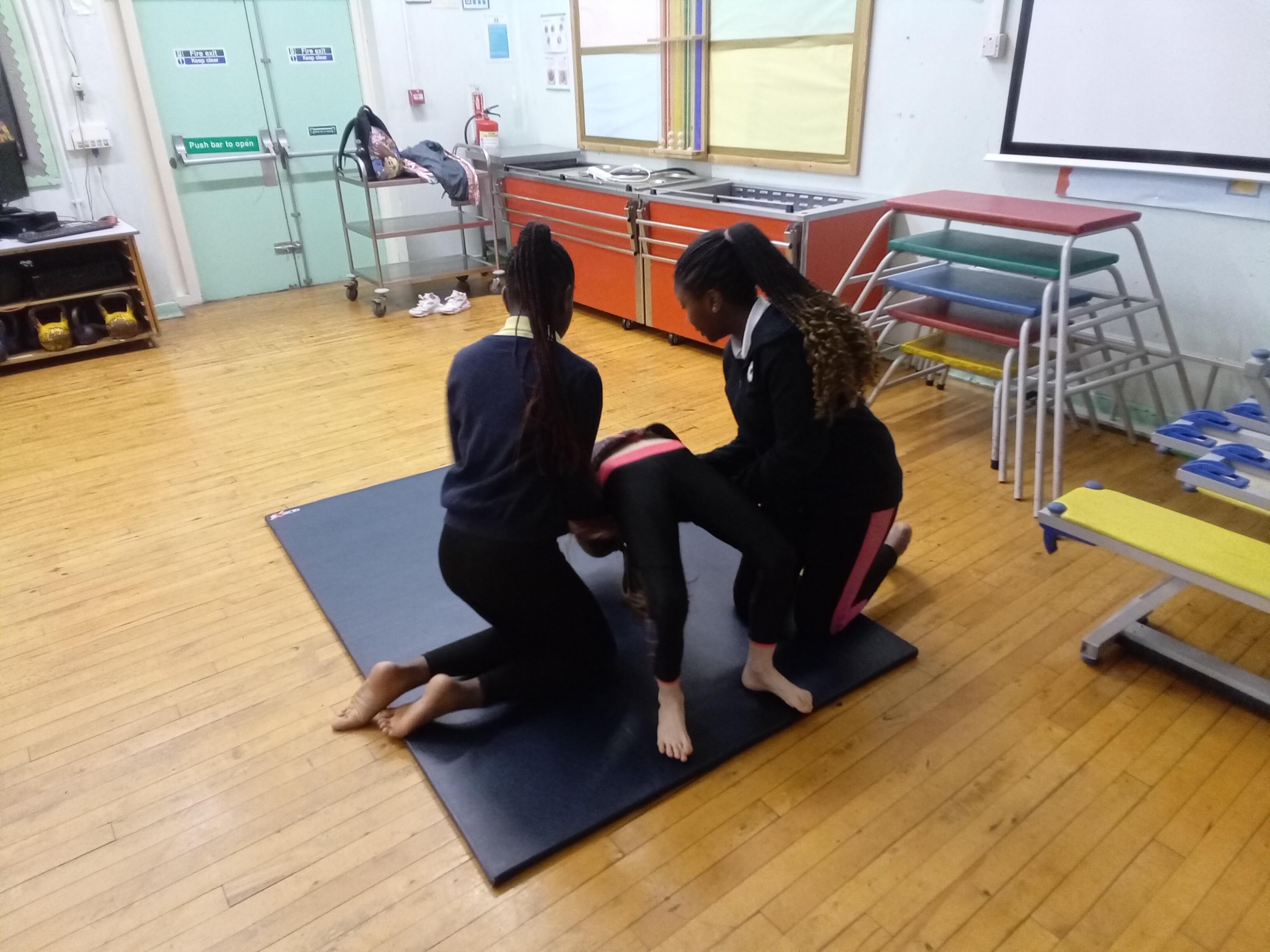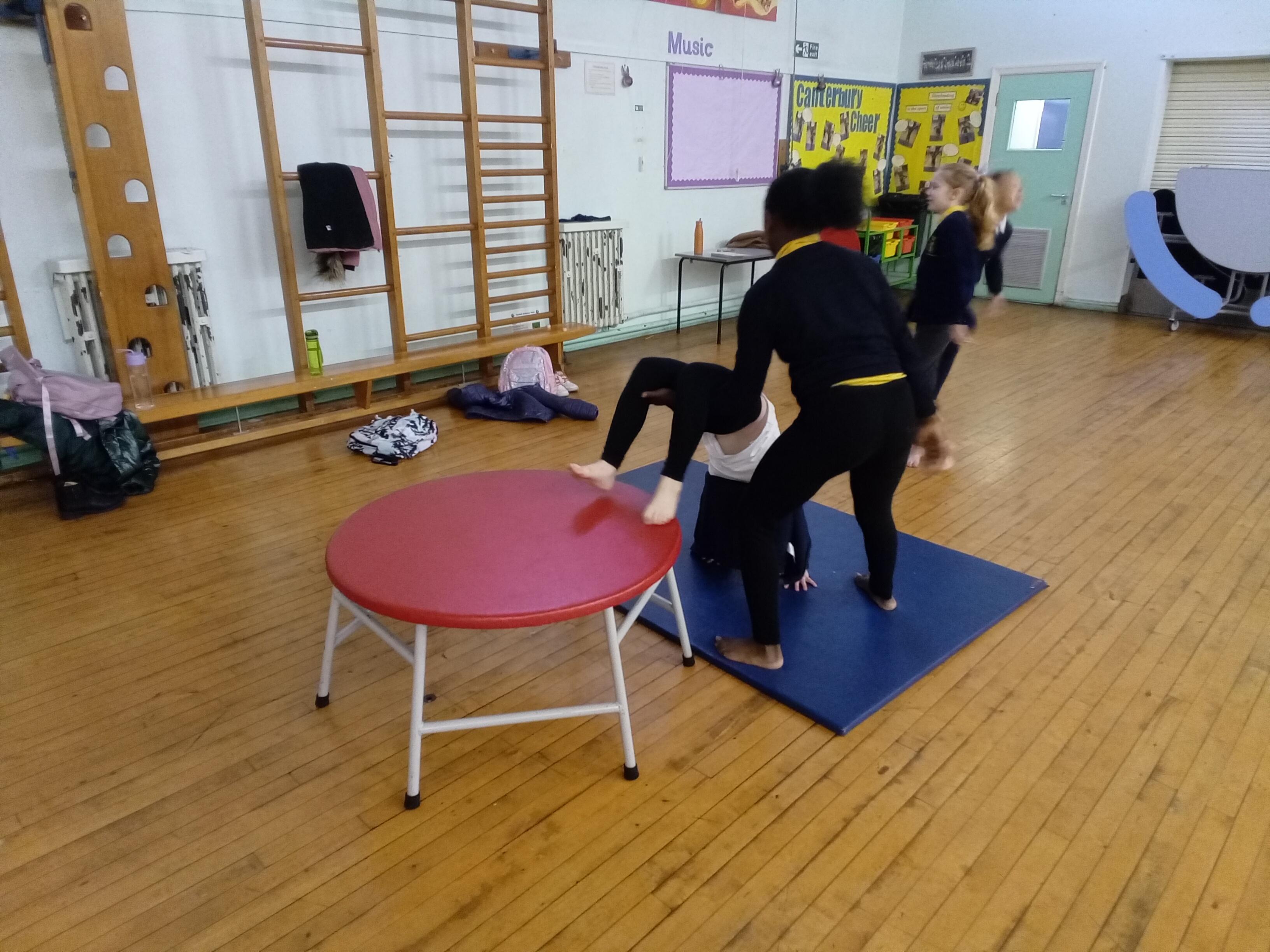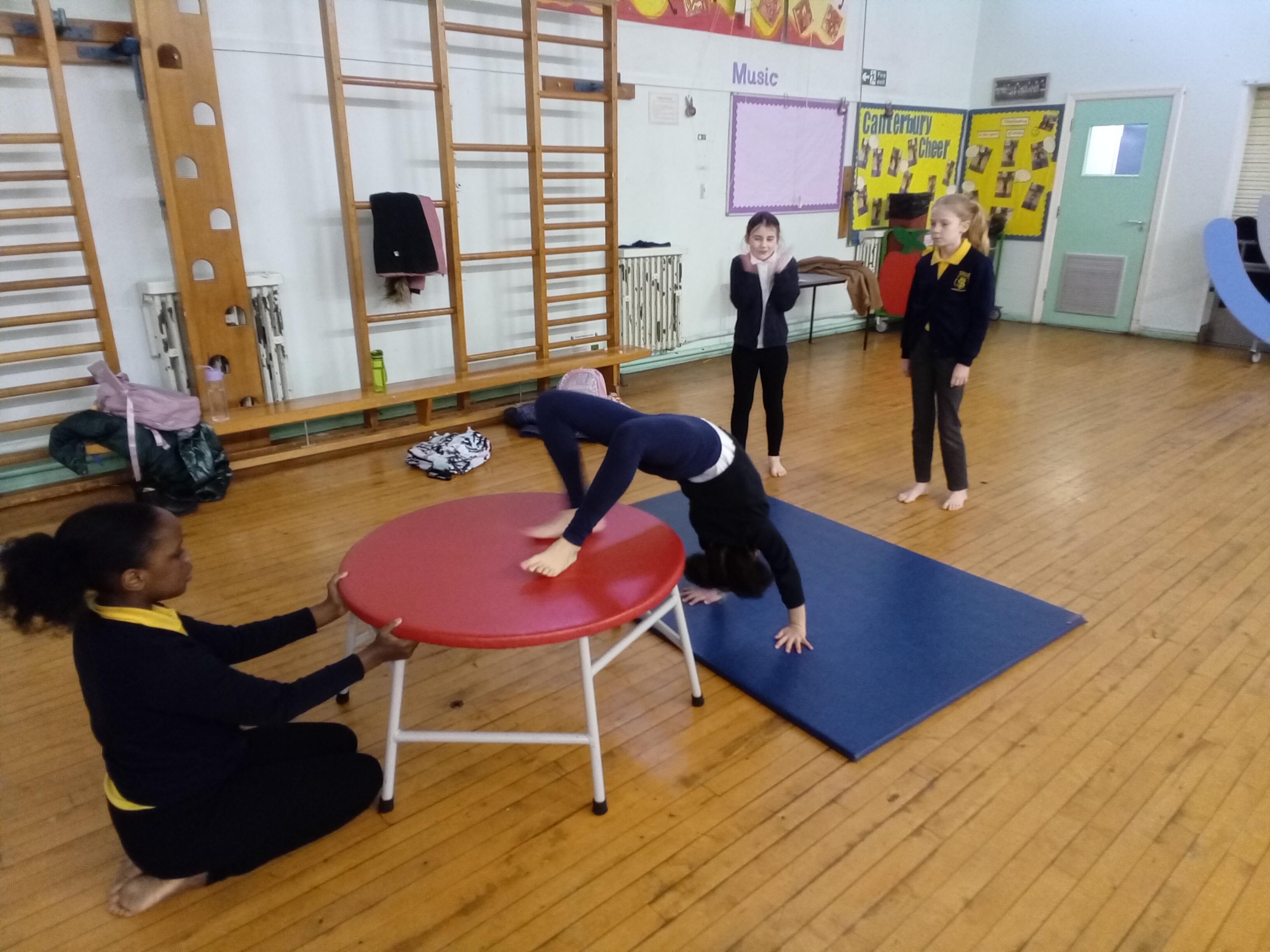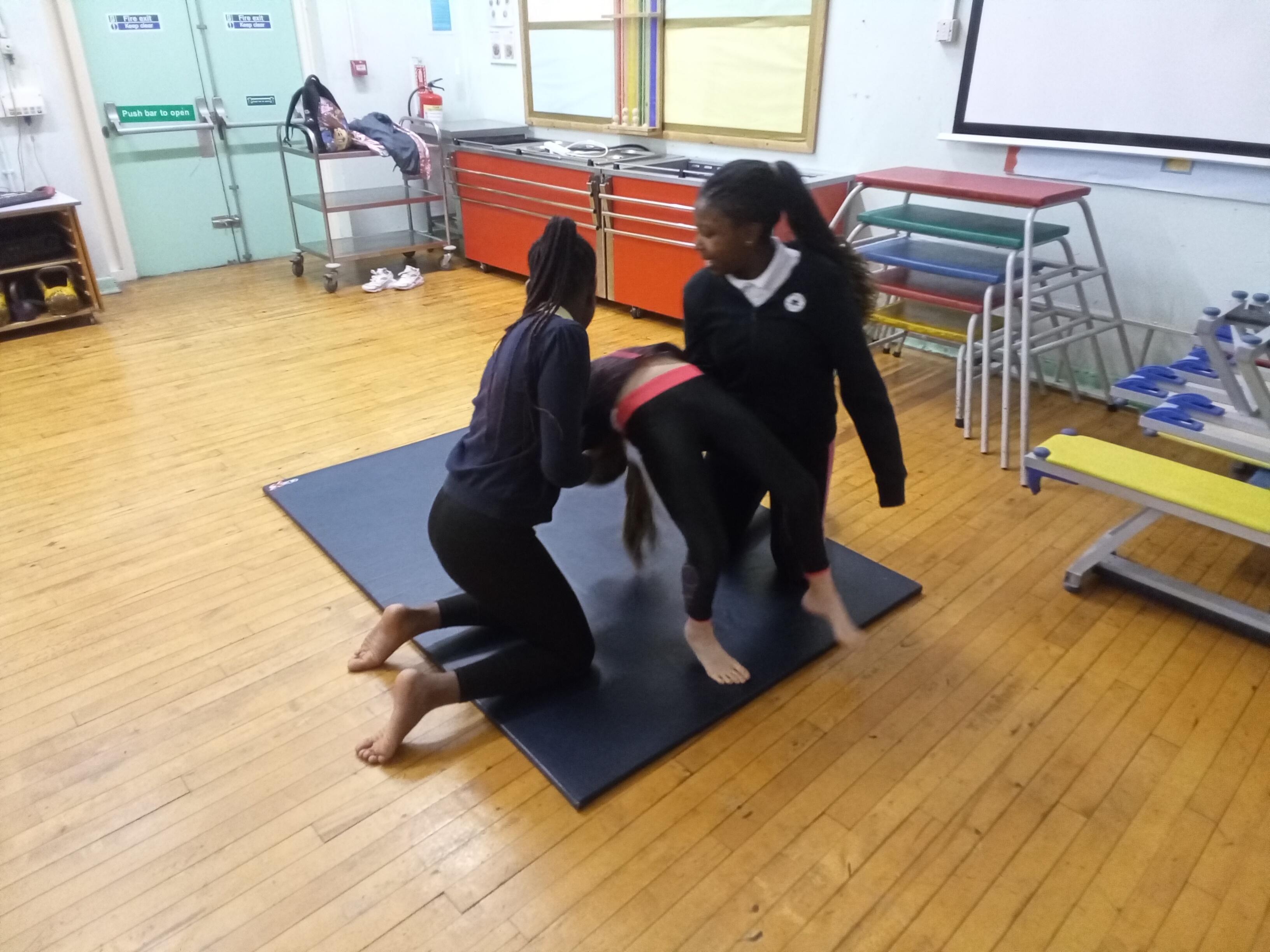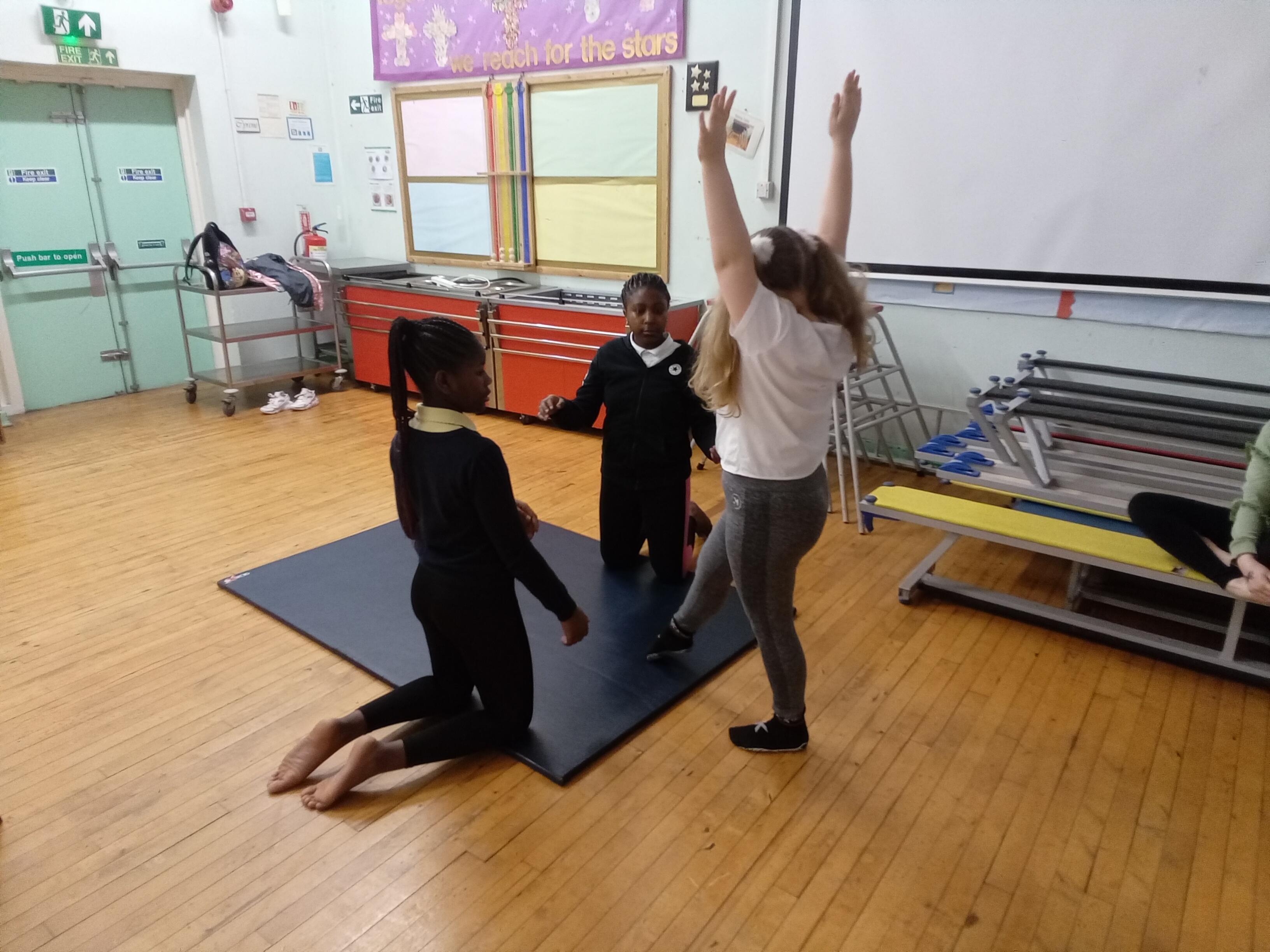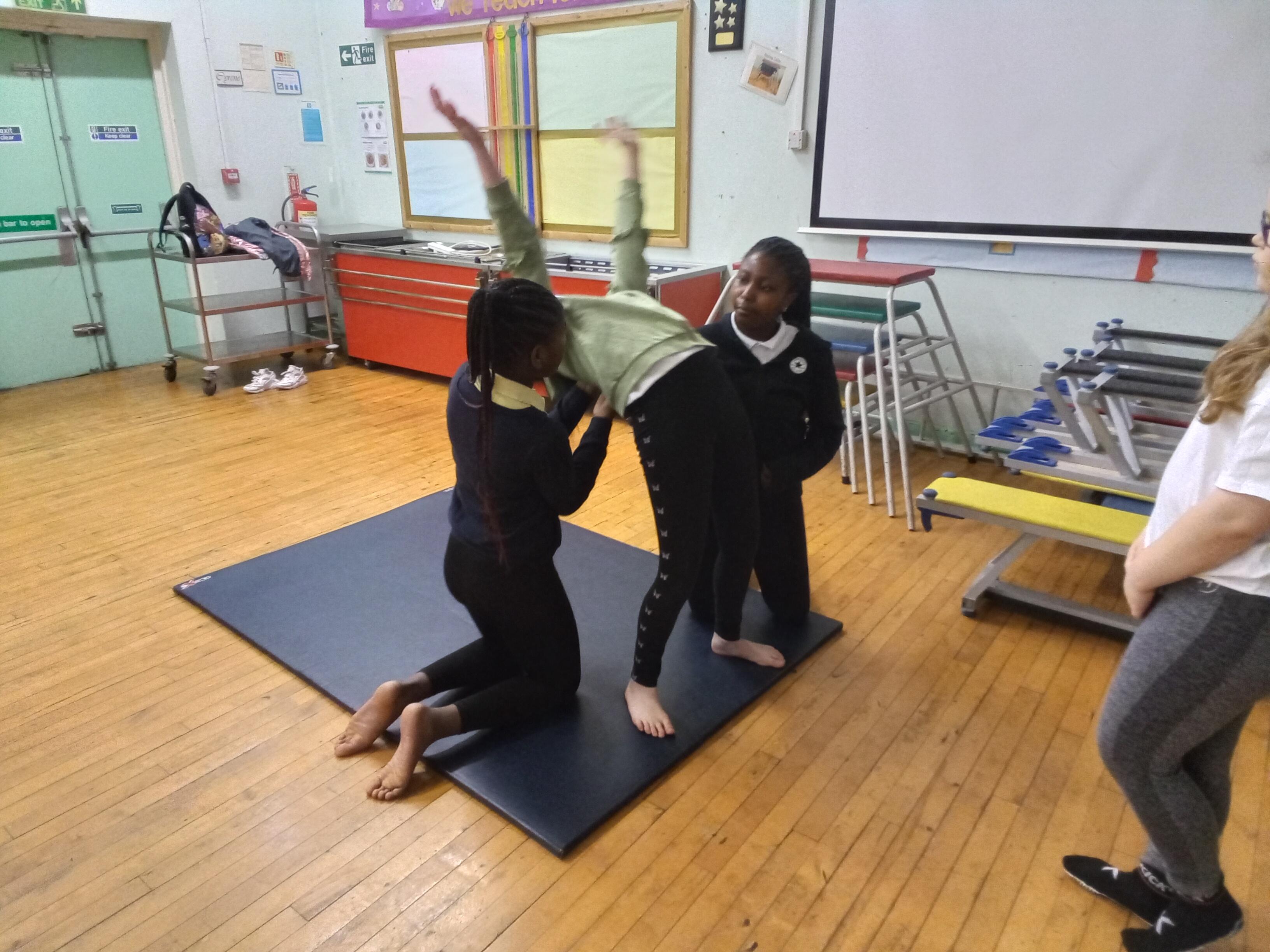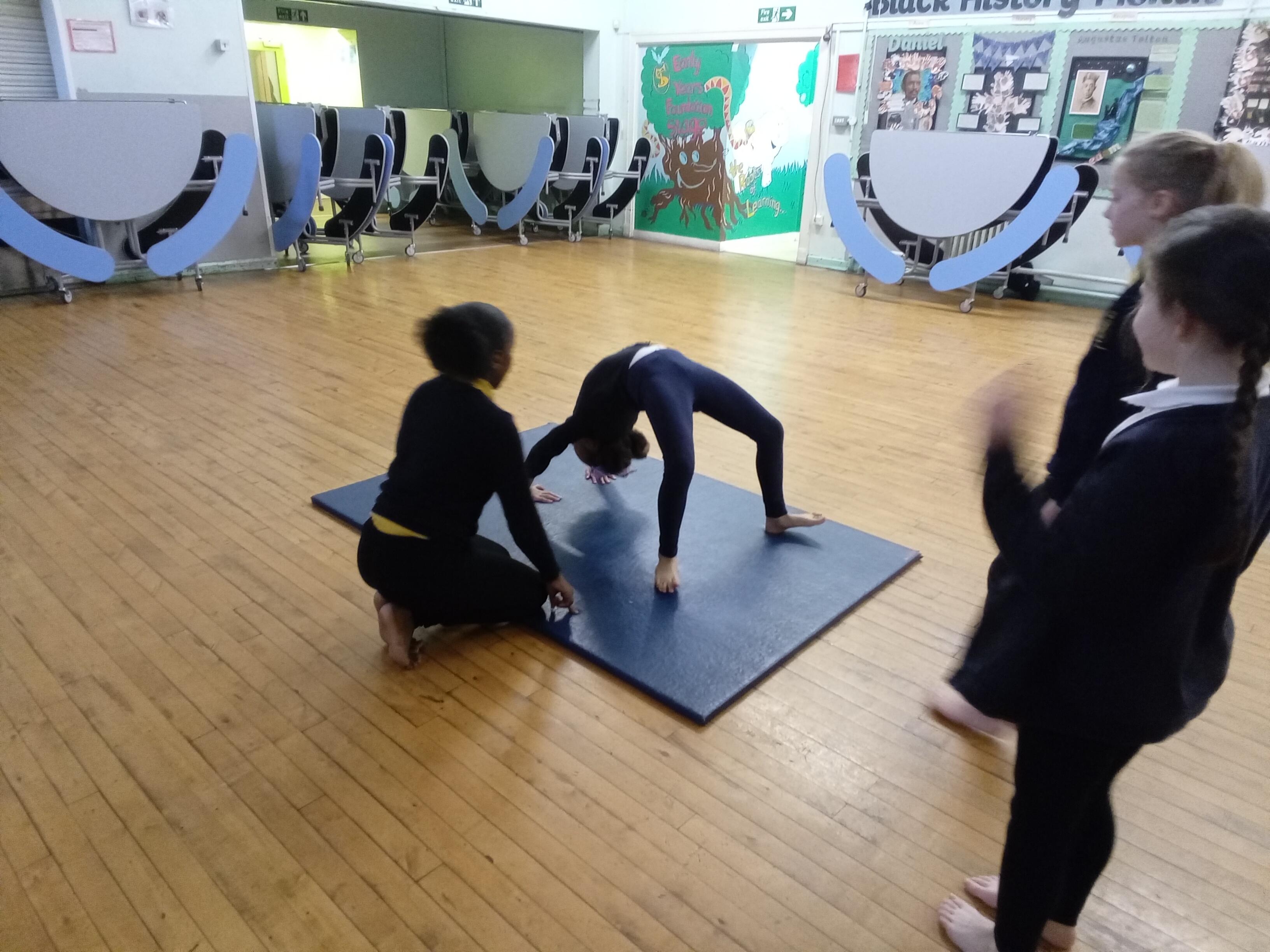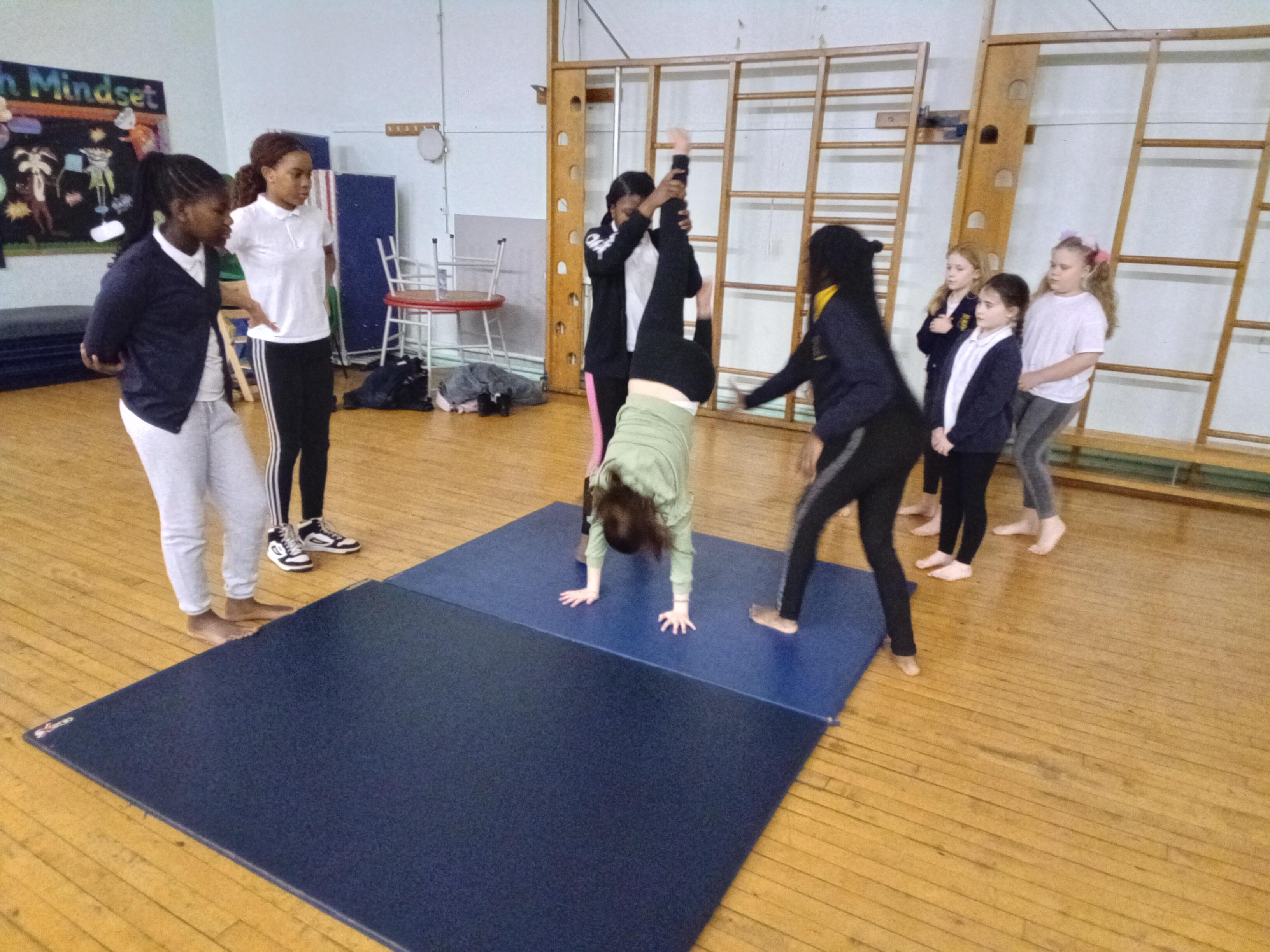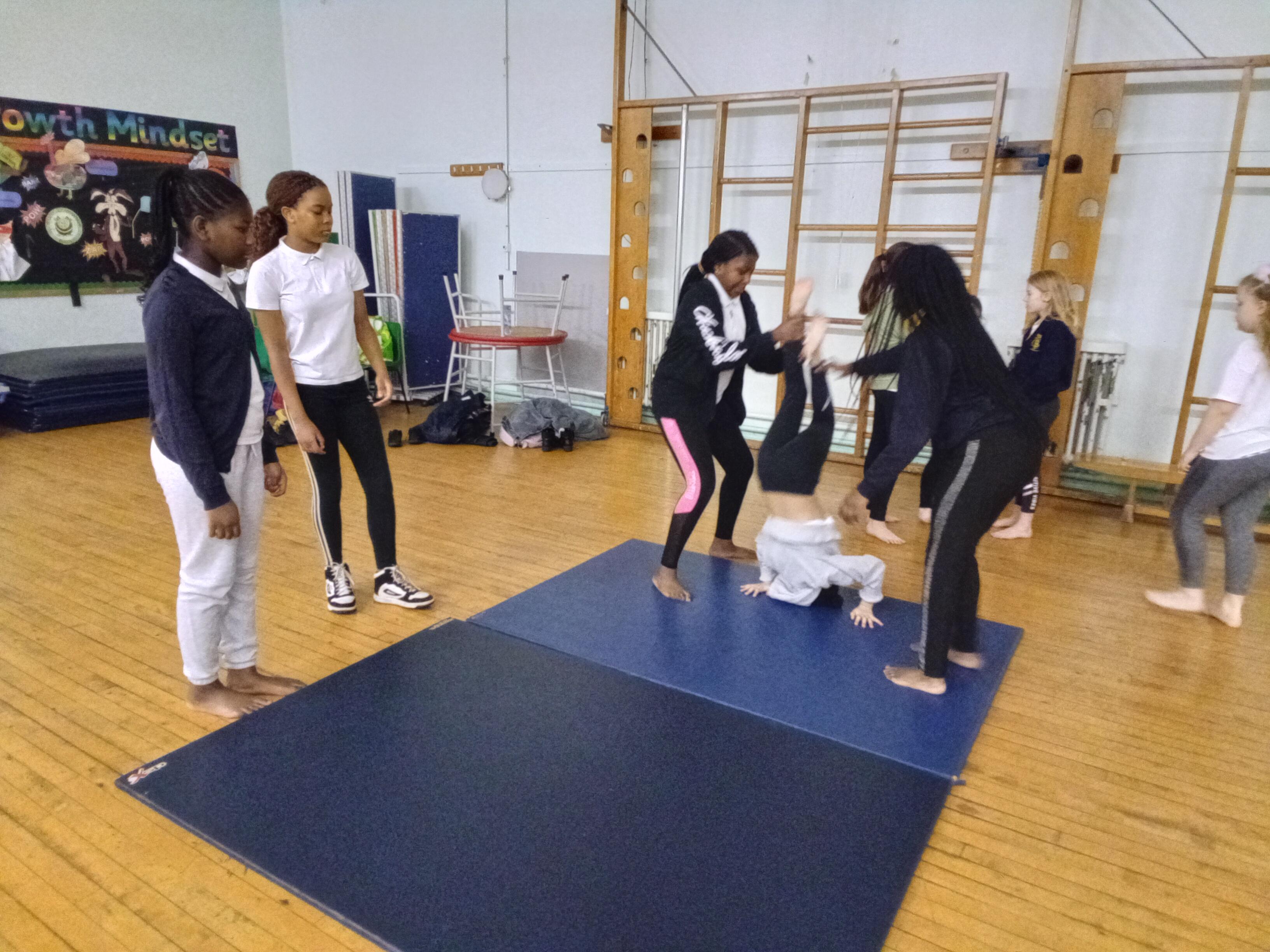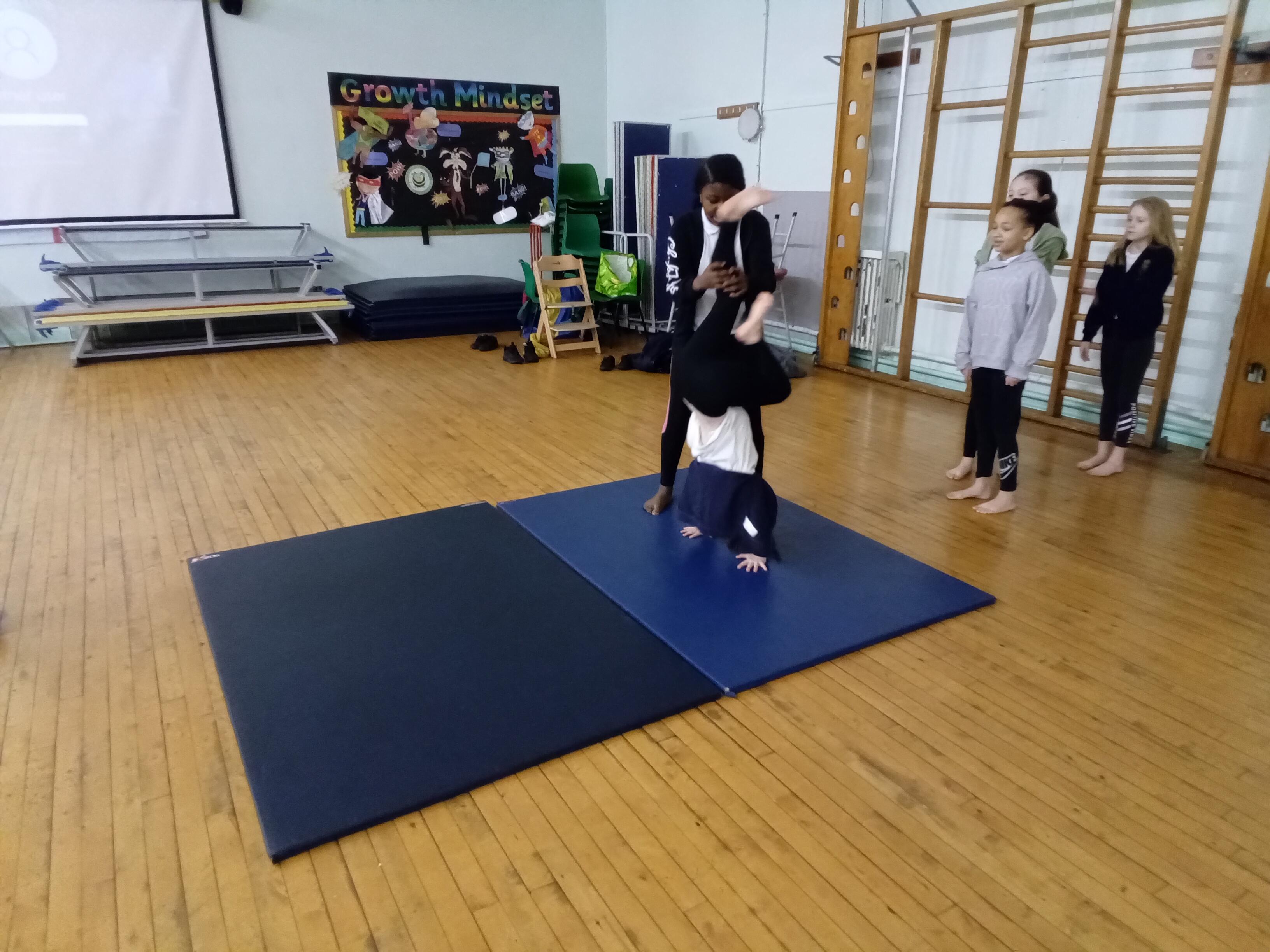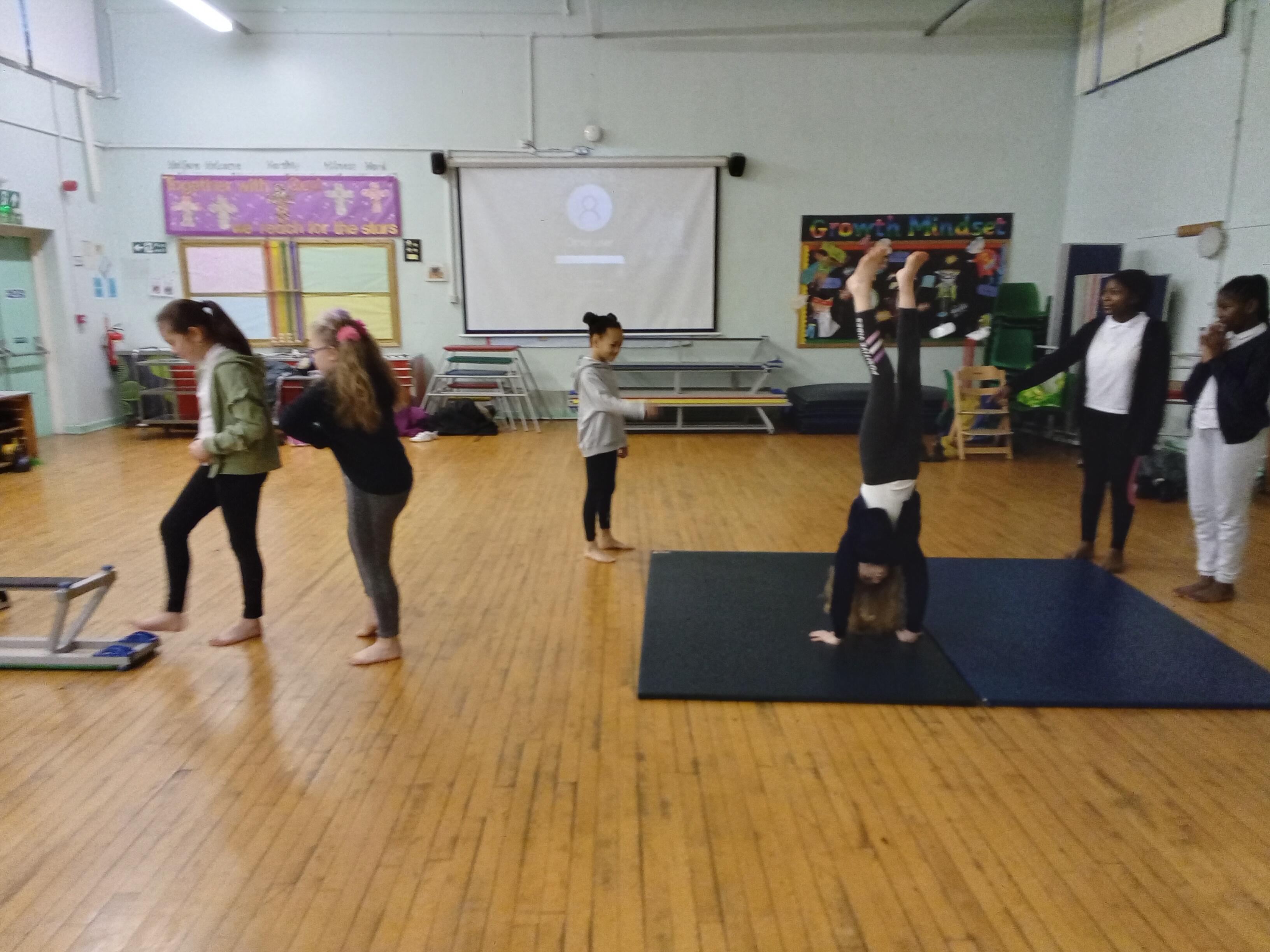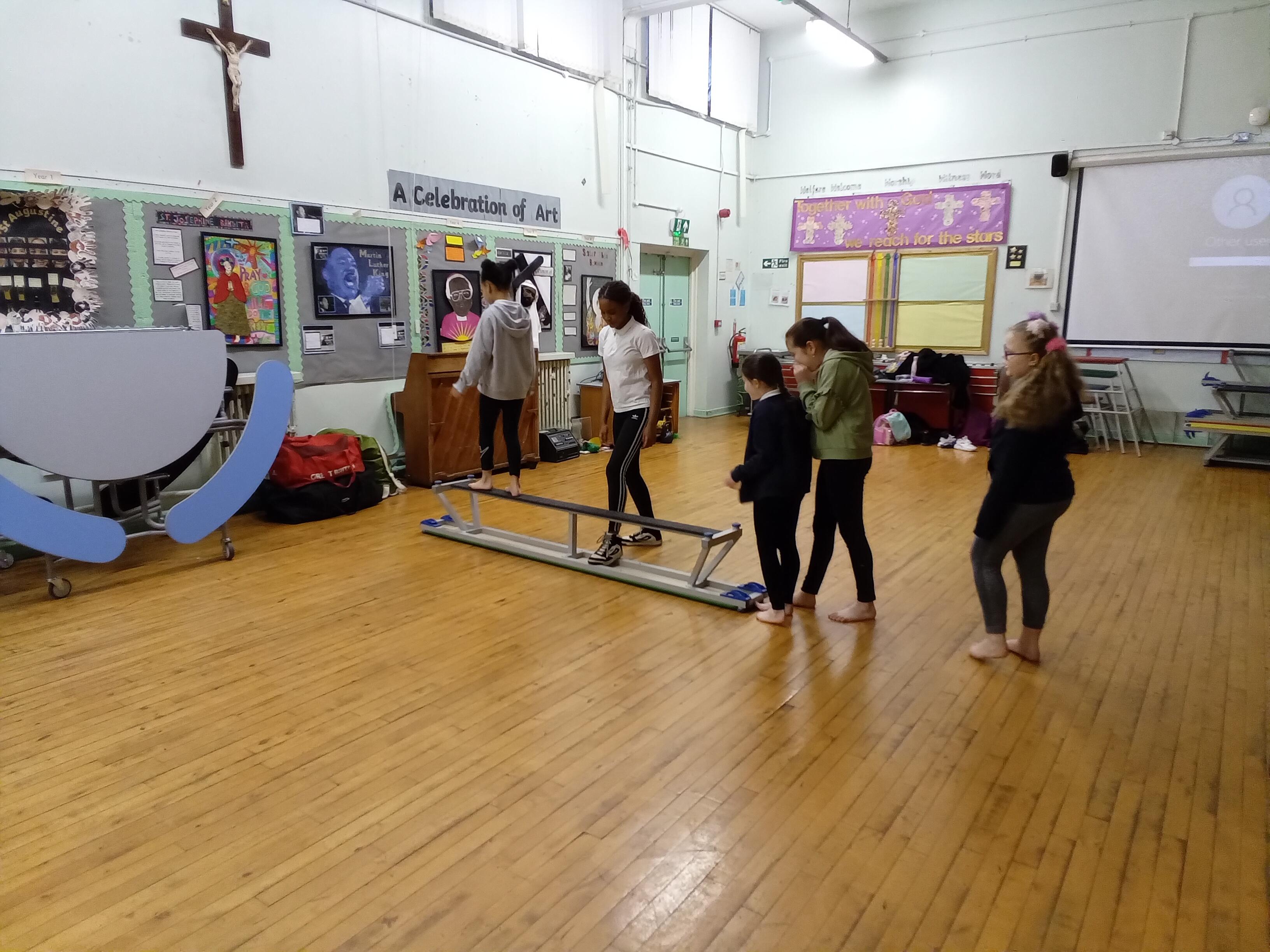PE

“Do you not know that your body is a temple of the Holy Spirit within you, whom you have from God?”
1 Corinthians 6.19-20

Here at St Thomas of Canterbury we understand that children should experience a breadth of experiences, inside and outside the classroom. PE & Sports are an integral part of every child’s education and development; this supports physical, social and mental wellbeing and provides them with transferable life skills for the future. All children are expected to become increasingly reflective and able to evaluate their own and others performance in PE. At our school, we aim to be inclusive to all, and be flexible to meet the specific needs of different groups of learners. We aim to challenge all children appropriately through physical activity, and a long term plan. We strive to make PE accessible to all learners, by addressing barriers to learning and providing strategies for them to overcome and succeed in school.
At St Thomas of Canterbury, we aim to allow children to undertake different roles in PE, involving them in decision making to encourage productive thought and leadership. The National Curriculum programme of study states that schools should provide children with the opportunity to become physically confident, though a broad and balanced curriculum. At our school, we aim to not only challenge our pupils physically, but to also to develop critical thinkers & socially confident participants through our whole school progression of skills. We also aim for our learners to adopt a positive learning approach, particularly in physical activity where we acknowledge that some children may not feel they are ‘good at sport’. At our school, we aim to promote personal challenge first and foremost by equipping our learners with the tools to have a healthy mind-set and the right attitudes to succeed. We also encourage all children including our most able to participate in inter and intra competitions to positively challenge their physical abilities.

According to the National Curriculum, a high quality physical education should ensure that all pupils develop; competency in a broad range of physical activities, are physically active for sustained periods of time, engage in competitive sports/activities and lead healthy, active lives.
Children at St Thomas of Canterbury participate in 2 lessons of PE a week. Games is taught throughout the year whilst alternating between 3 blocks of Gym and Dance.
The three key strands of the PE curriculum include;
- Games
Games lessons involve;
Warm up – Skill Development – Game Based Application - Cool Down
KS1 and EYFS also take part in physical literacy sessions as part of their Games curriculum to develop fundamental movement skills. Fundamental movement skills developed within physical literacy lessons include object control skills, locomotor skills and body management skills. Such as running, balancing, jumping, throwing, catching, skipping, hopping, spatial awareness and co-ordination.
- Gymnastics
Gymnastics lessons involve;
Warm up – Floor work – Apparatus work – Cool Down
Every lesson pupils also use progressive equipment plans specific to each key stage when setting up apparatus.
- Dance
Dance lessons involve;
Starting activity (gesture/motifs) – Exploration Development – Dance – Concluding activity
Teachers utilise knowledge to adapt length of time spent on each section, using formative assessment.
- Swimming
Year 3 pupils take part in weekly swimming lessons as part of the national curriculum.

The key concepts developed within each strand are as follows;
- Games
- Fundamental movement skills, Tatics/Rules, Teamwork/Decision making, Performance
- Dance
- Composition of performance -Travel, Turn, Jump, Gesture
- Quality of movement -Stillness, Sequencing, Performance
- Gymnastics
- Composition of Performance - Travelling, Rolling, Balance, Shapes
- Quality of movement – Body Tension, Sequencing, Performance

Reading
Reading is developed across the PE curriculum through the use of progressive technical vocabulary. For example, in Gymnastics the children develop an understanding of technical vocabulary in which they revisit in greater depth as they progress through the school. Vocabulary is also progressively planned for across units of work in each year group and paired with practical opportunities in every lesson on apparatus, to enable children to develop their understanding practically. Through Dance, children also develop their movement and appreciation for different cultures by exploring a variety of material which link to different strands of our reading scheme.
Inclusion
We offer an inclusive PE curriculum at St Thomas of Canterbury to enable and equip all learners to succeed in PE. Our teacher resources which accompany our scheme are progressive and enable skills and prerequisites of skills to be simplified and scaffold appropriately to meet the needs of all learners, in particular children with SEND.
All children are also offered appropriate levels of support, engaging interactive learning materials and progressive equipment to scaffold their learning journey and meet their individual needs.
Character Development
The PE scheme of work is highly ambitious and challenging in order to develop socially confident participants of PE and increase participation in physical activity and school sport outside of curriculum lessons. We also offer our children at St Thomas of Canterbury opportunities to experience personal challenge and develop social skills for a healthy mind as we understand some children do ‘not feel good’ about PE. Our offer includes a range of activities and opportunity for games design within the PE curriculum to ensure learners develop an understanding of how to cater for themselves and learners of all abilities.


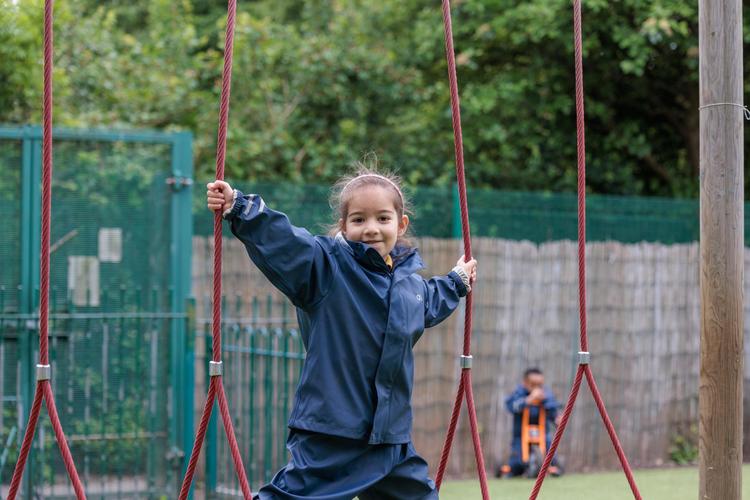
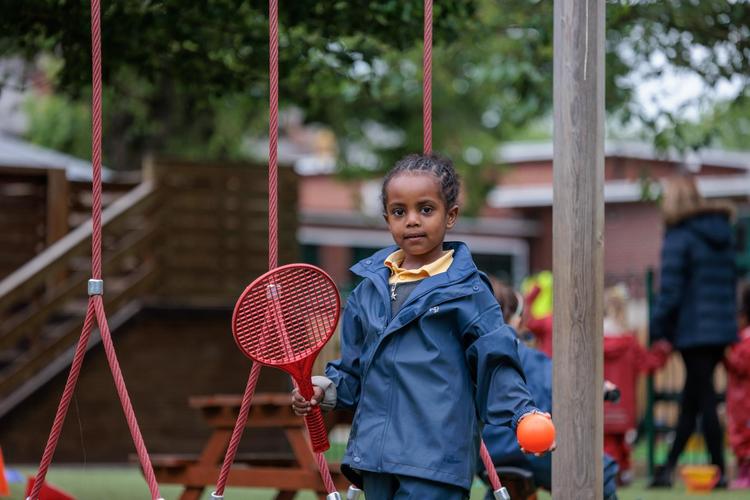
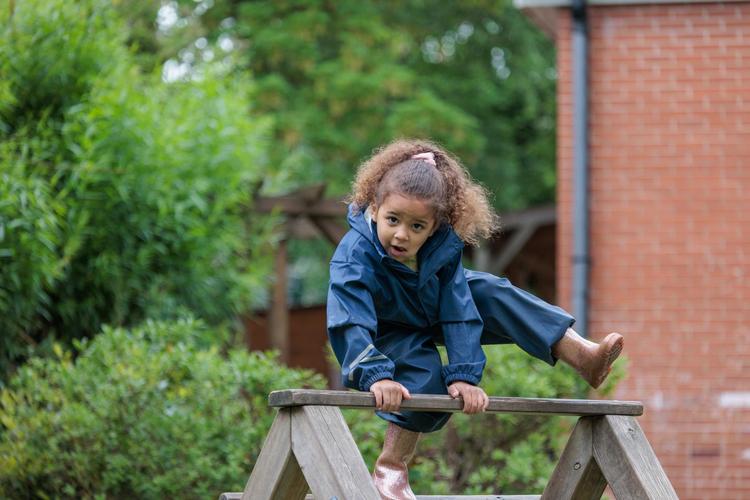
The children at St Thomas of Canterbury begin their physical development journey in Nursery and Reception in the indoor and outdoor learning environments. The children’s physical development is carefully planned into continuous provision alongside the offer of focused sequenced activities which follow the EYFS Move With physical literacy scheme for games and gymnastics.
What is gross motor development?
- Gross motor skills involve movement of the large muscles in the legs, arms & torso.
- Gross motor skills are important to support everyday functions such as walking, running, skipping, jumping, throwing & climbing.
- We can tend to associate gross motor skills with the early stages of physical development (when children first begin to walk), however it is important that we continue to focus on developing these in the early years to build strength, coordination & skill.
- Gross motor skills are also fundamental in supporting the early stages of writing! Children who are successful with forming letters in the latter stages of their physical development are the children who have good gross motor control.
What is fine motor development?
-Fine motor development is the movement of the smaller muscles, usually involving hand-eye coordination.
- To begin with, fine motor skills are essential to complete daily routine tasks such as using a fork & spoon, using tools during play e.g. hammer & using cylindrical & digital grasp to mark make.
- Once children have developed good gross strength, it would then be appropriate to expose your child to activities that target the pincer grasp (using the thumb and index finger to manipulate small objects). The strengthening of the pincer grasp will support skills such as writing, cutting, threading beads, moving puzzle pieces, zipping & buttoning.
- Early writing begins with large scale movements from the shoulder, then refined to medium scale movements using the hand and forearm, and eventually into writing with a crayon or a pencil on paper.
By the end of EYFS, children are assessed against the Physical Development Early Learning Goals of fine motor and gross motor development in preparation for their transition into Year 1 and access into the wider school PE curriculum.
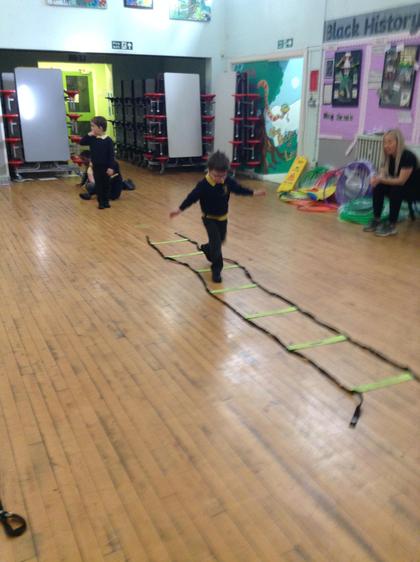
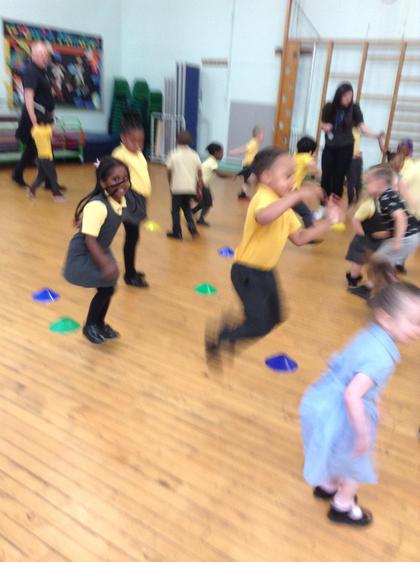
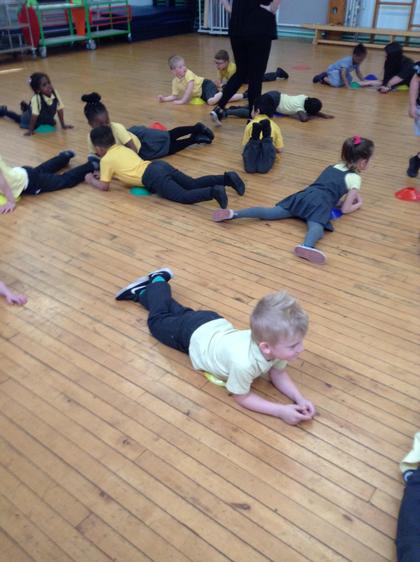

KS1 Games - Sending and Receiving
KS1 Games - Ball Control and Dribbling
KS1 Games - Throwing and Catching
KS1 Games - Bat & Ball Skills
KS1 Games - Using hands
KS2 Games - Invasion Game - Tactical Movement
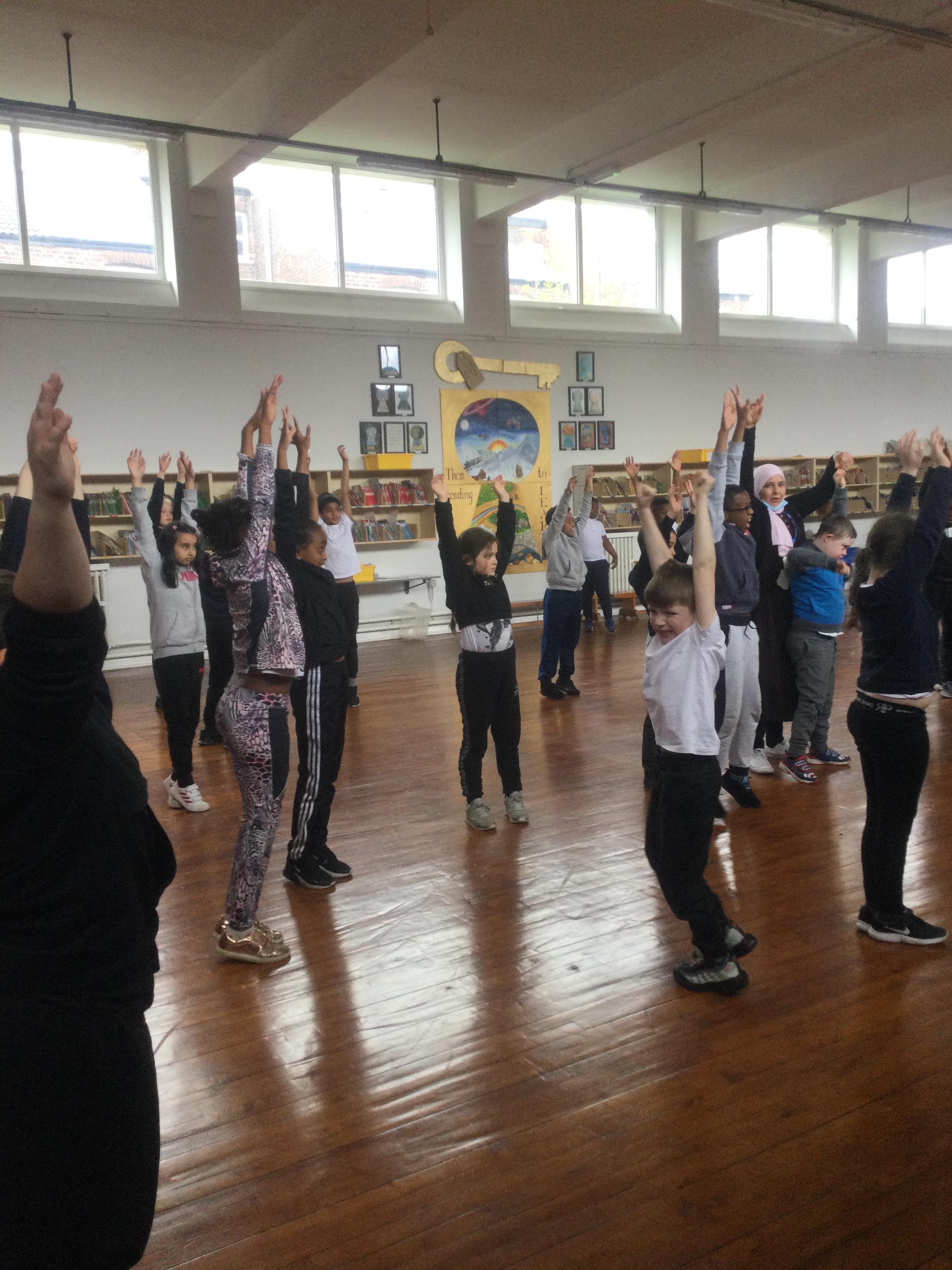
KS2 Gym - Forward roll into straddle
KS2- Gymnastics
KS2 - Gymnastics
Master Chefs - Cookery Club
Our 'Master Chef's' have been busy learning the importance of healthy eating and how this can have a positive impact on lifestyle and well-being. They have made some mouth-watering meals, including vegetable wraps and low-fat burgers.





-
DSC06968.JPG
-
DSC06976.JPG
-
DSC06984.JPG
-
DSC07012.JPG
-
DSC07014.JPG
-
DSC07043.JPG
-
DSC07045.JPG
-
DSC07056.JPG
-
DSC07063.JPG
-
DSC07083.JPG
-
DSC07103.JPG
-
photo[1].JPG
-
photo[2].JPG
-
photo3.JPG
-
photo4.JPG
-
photo5.JPG
-
IMG_1285[1].JPG
-
IMG_1319[1].JPG
-
IMG_1321[1].JPG
-
IMG_1359[1].JPG
-
101_0504.JPG
-
100_0785.JPG
-
P1000185.JPG
-
P1000008.JPG
